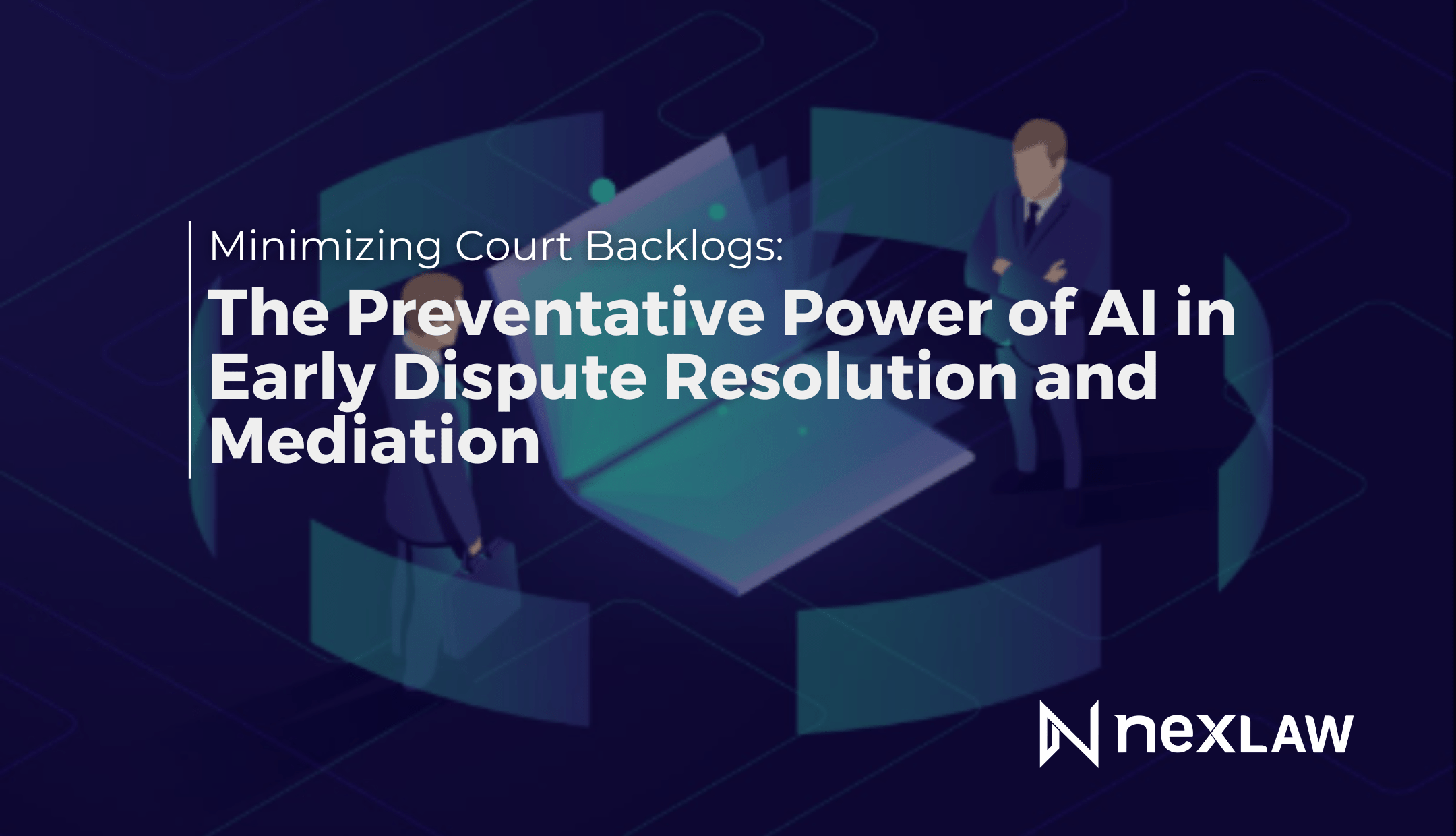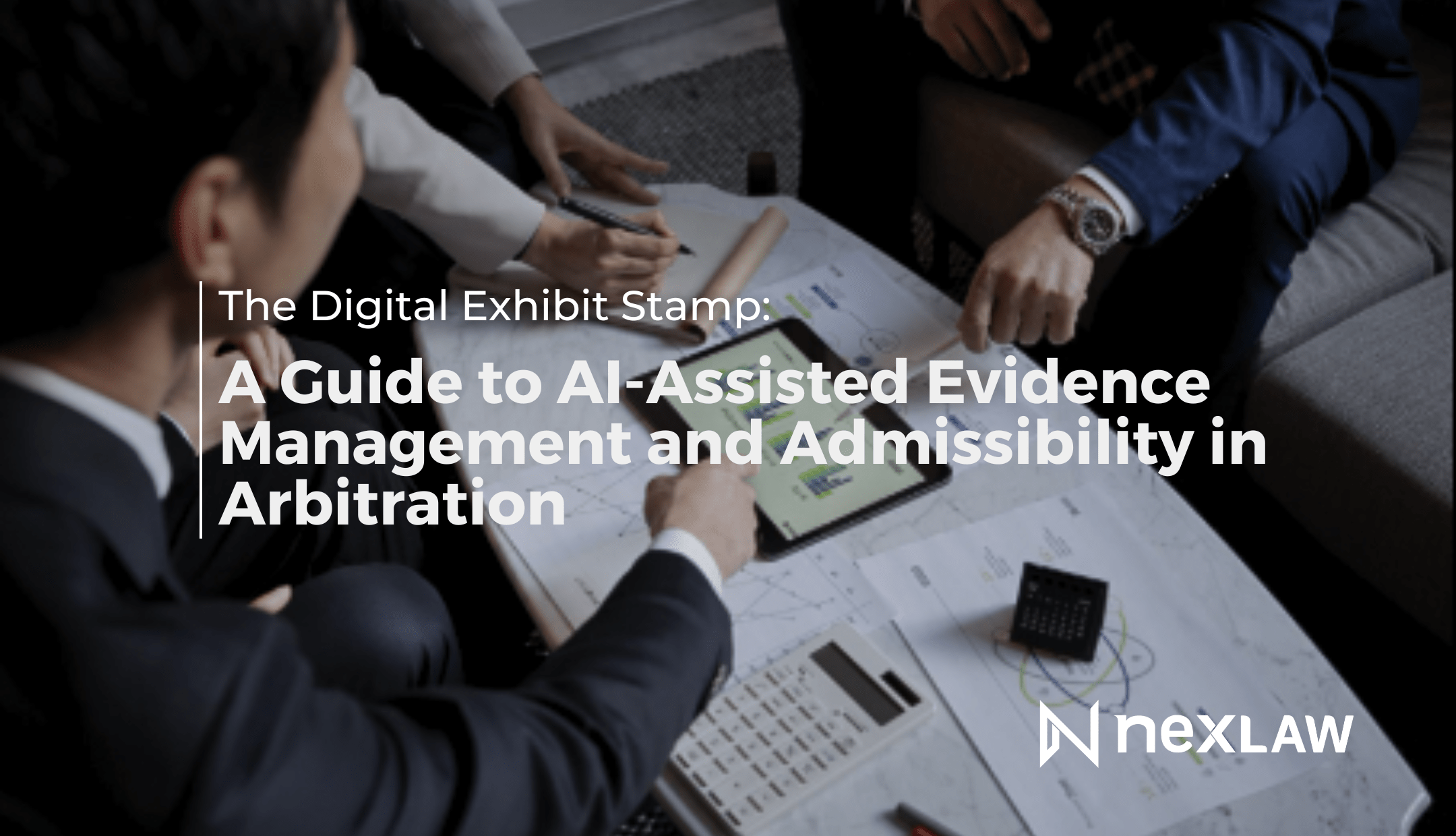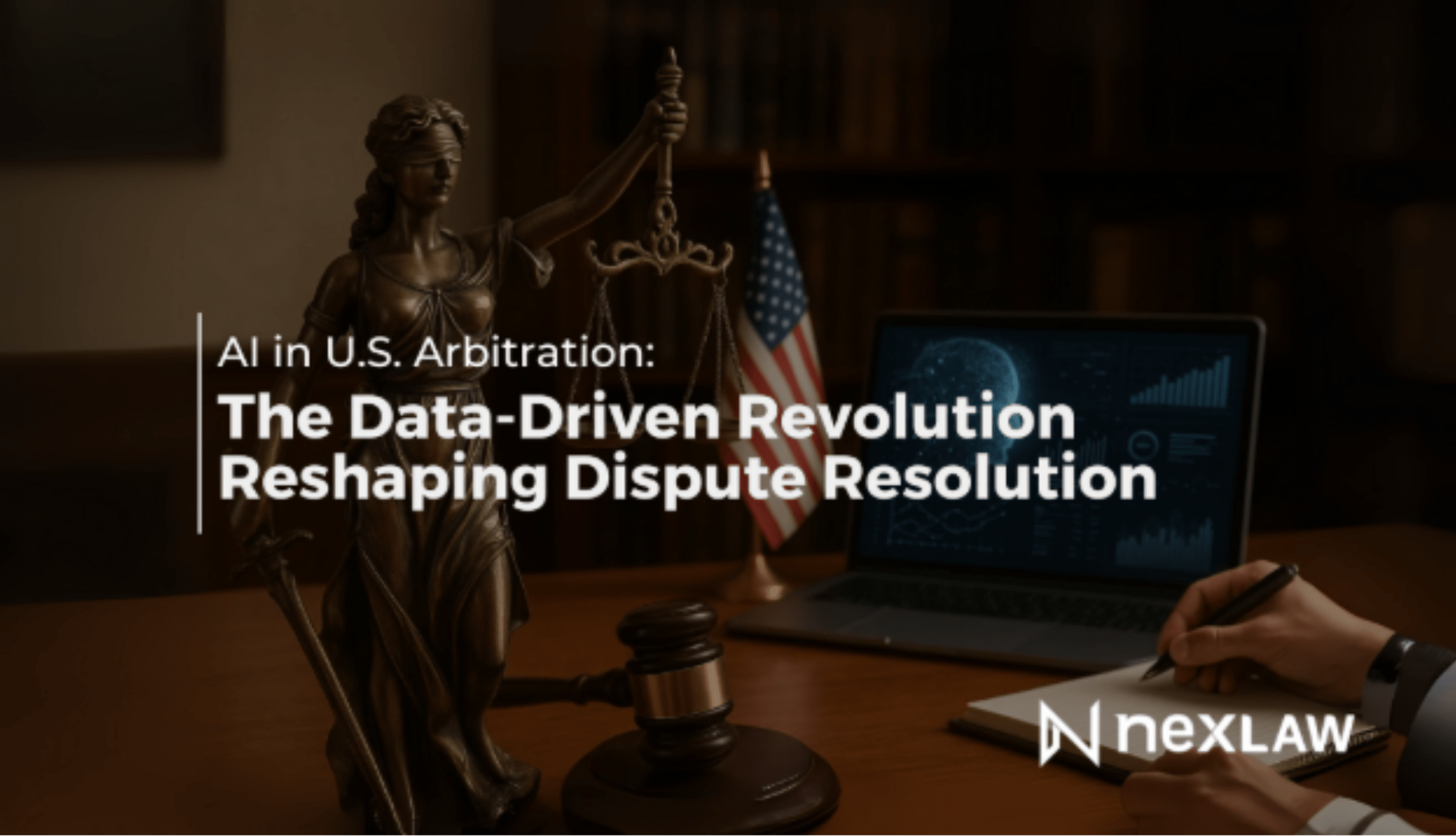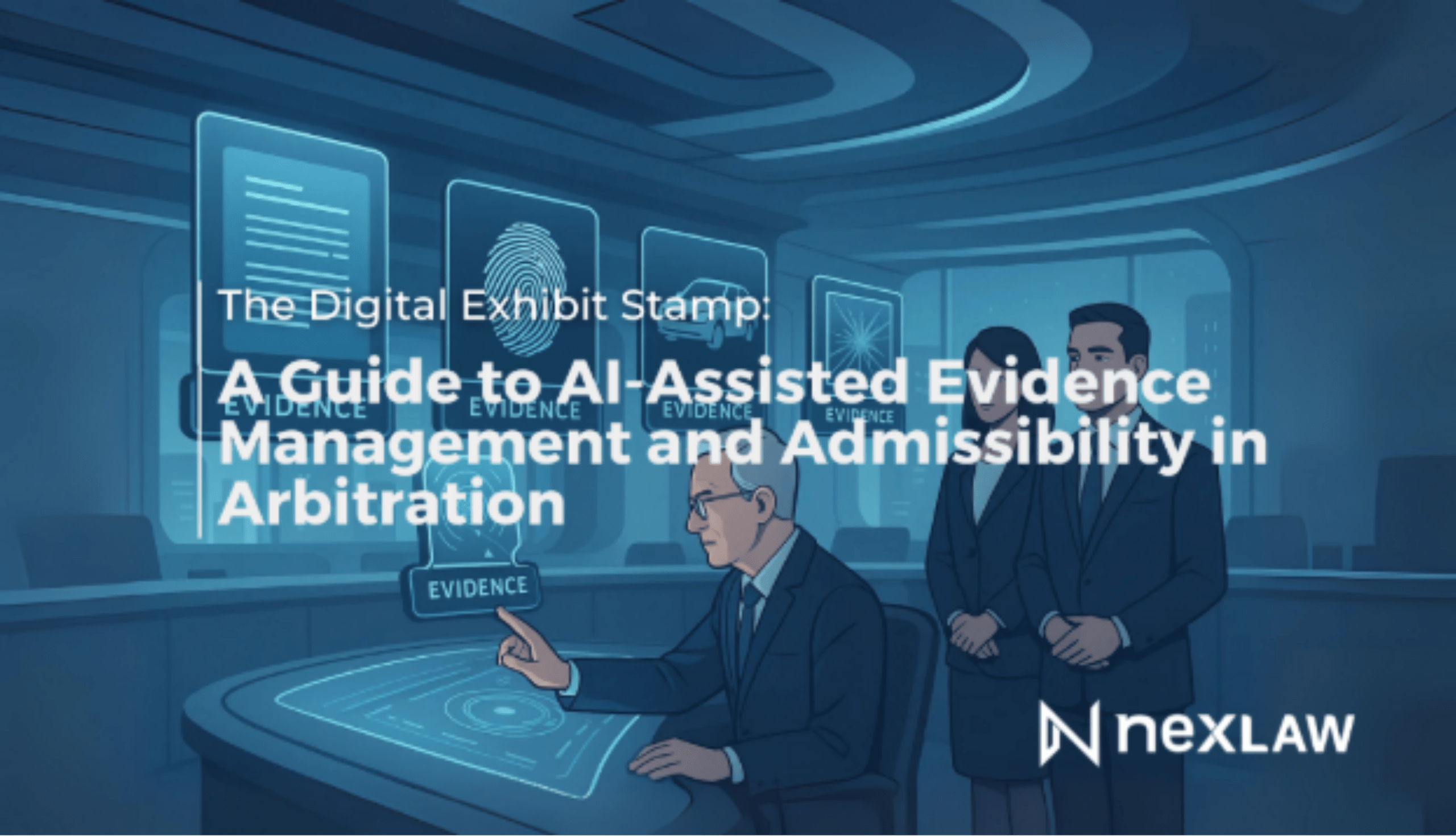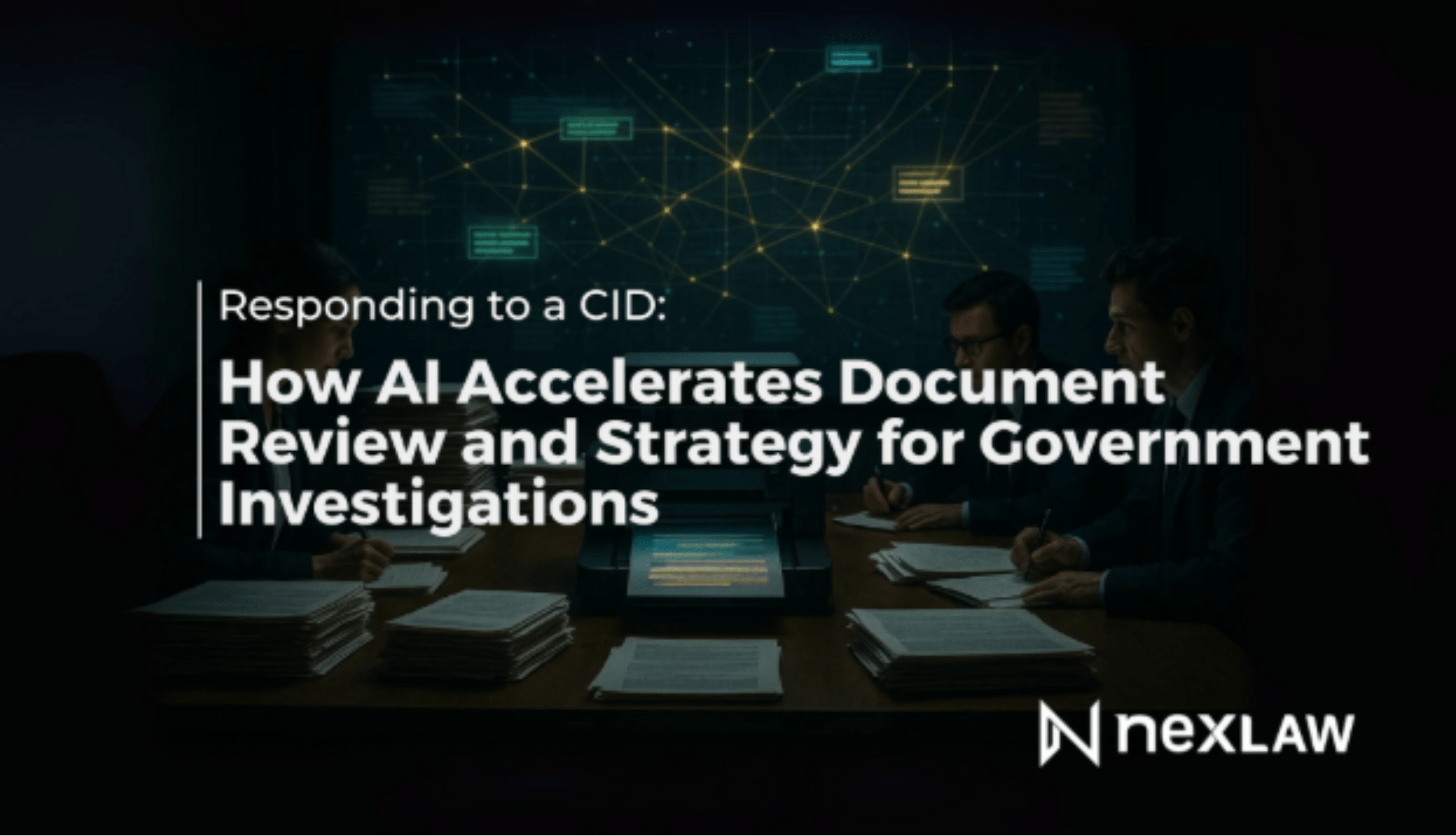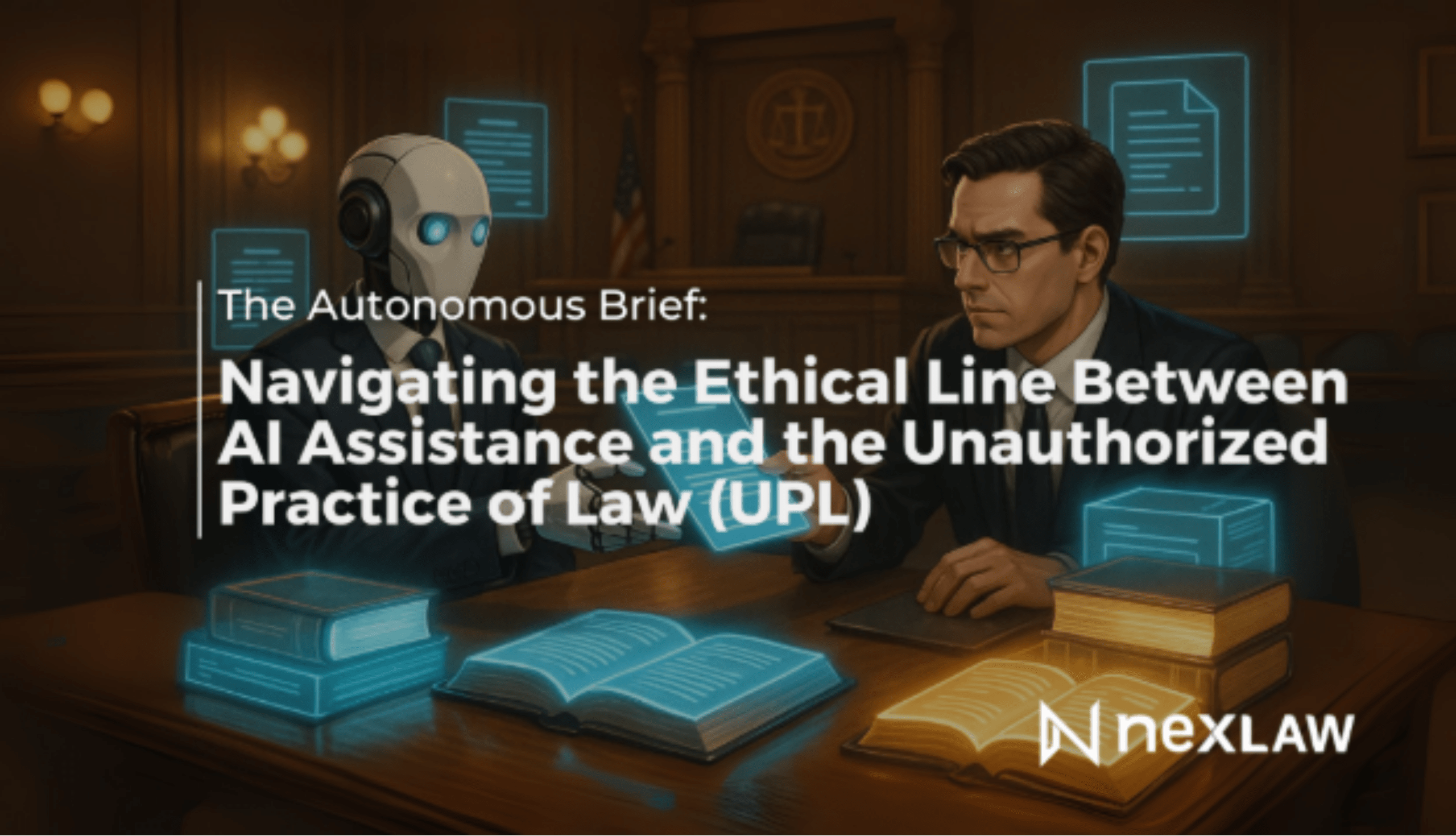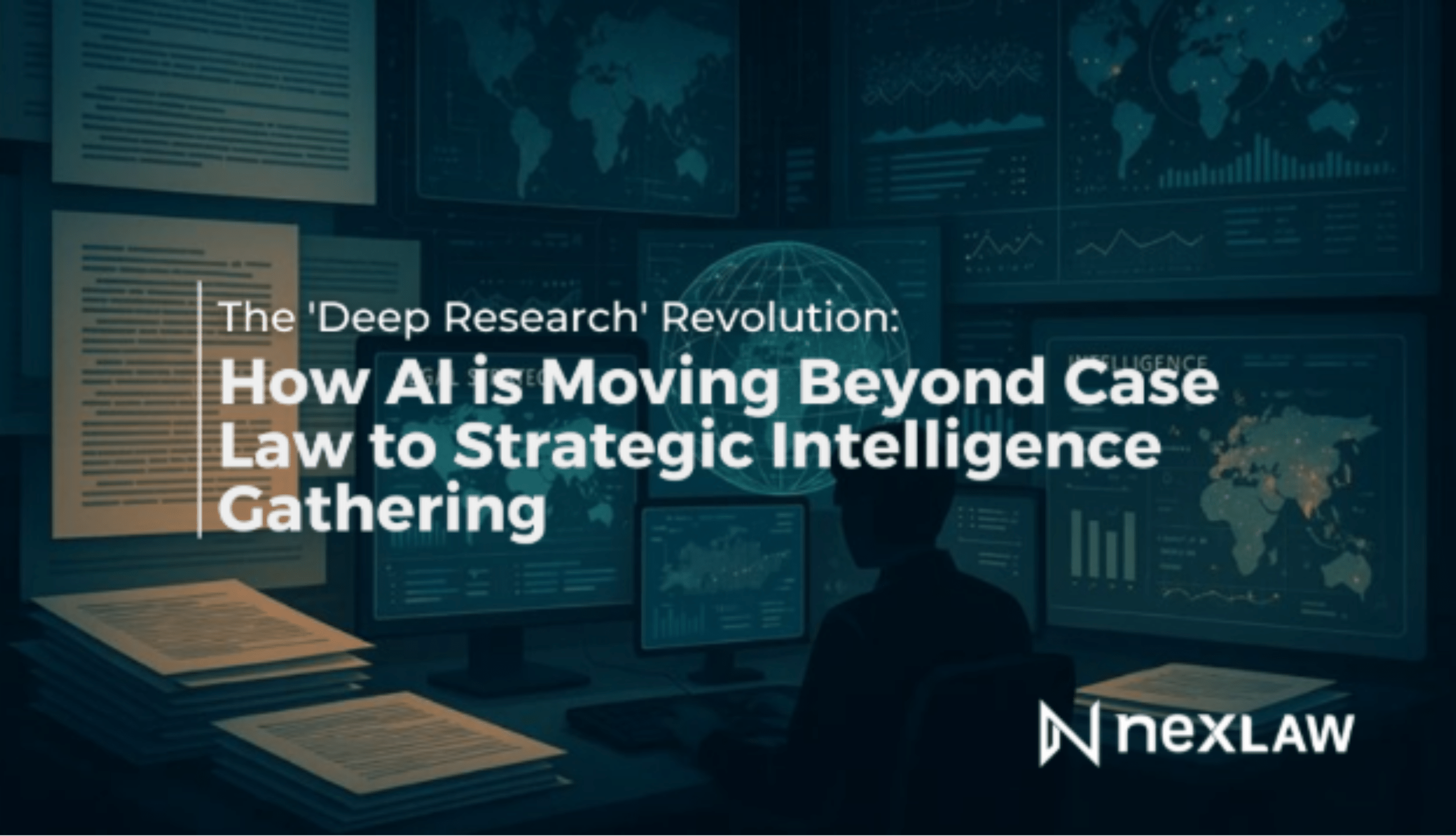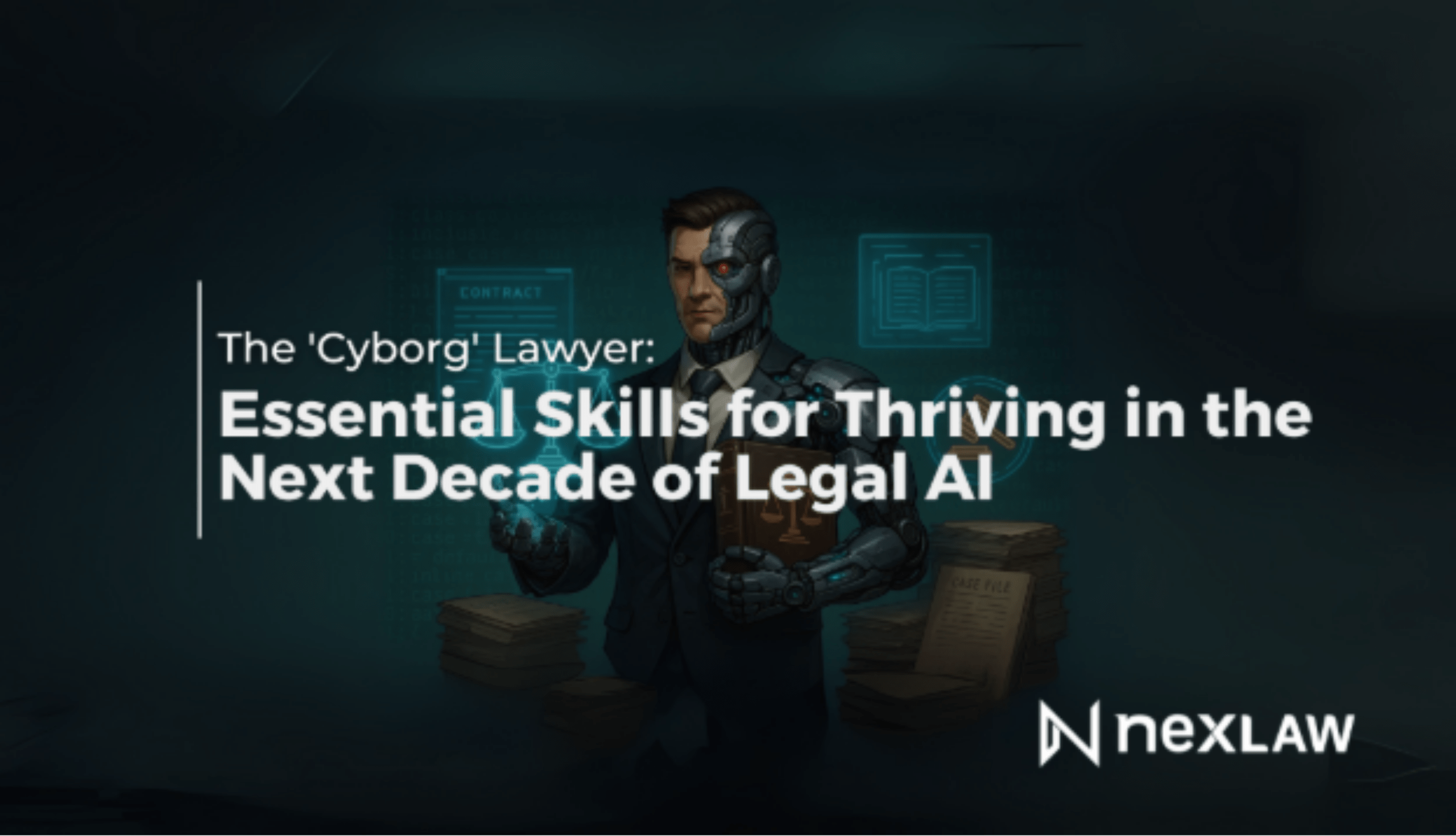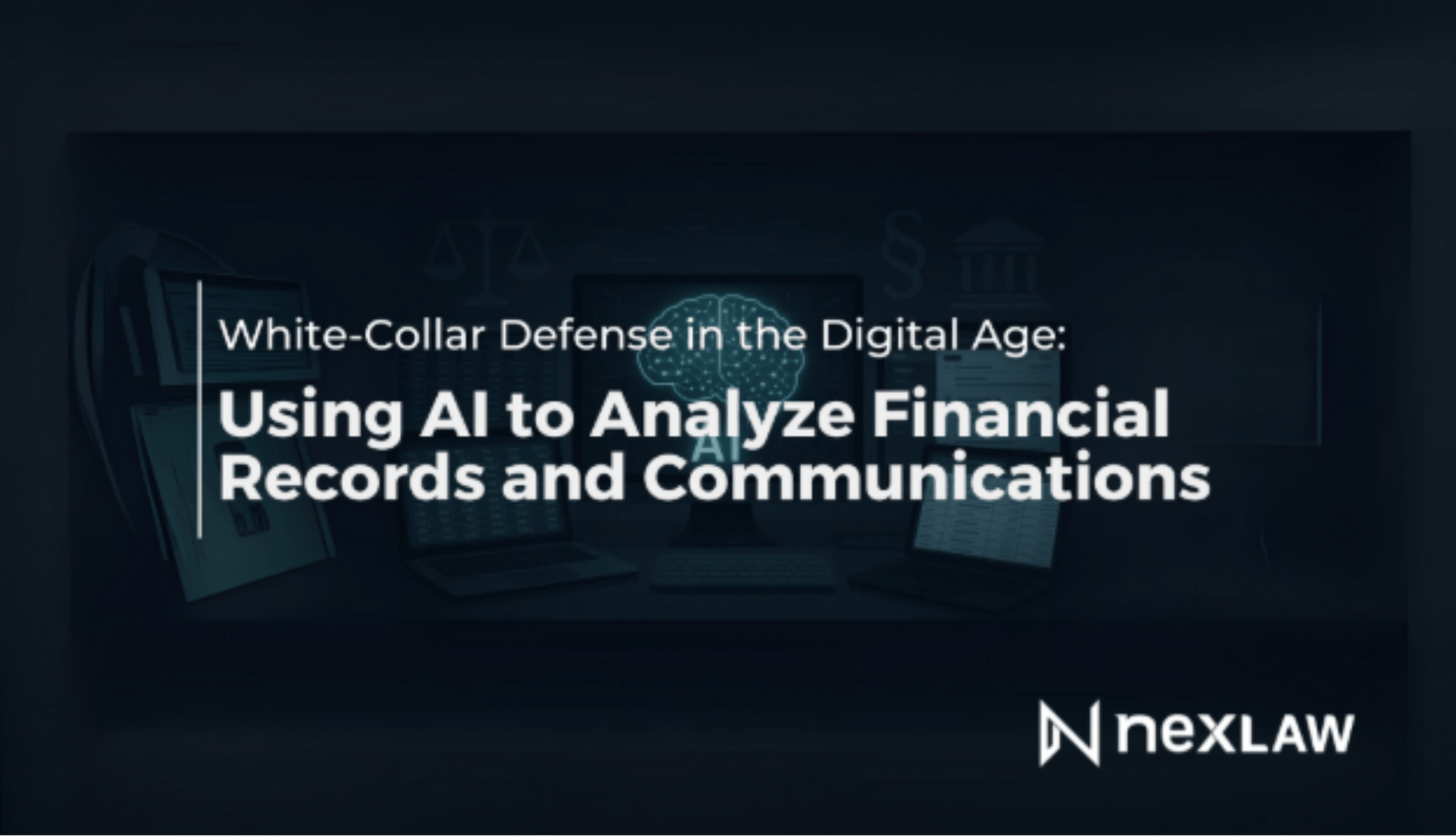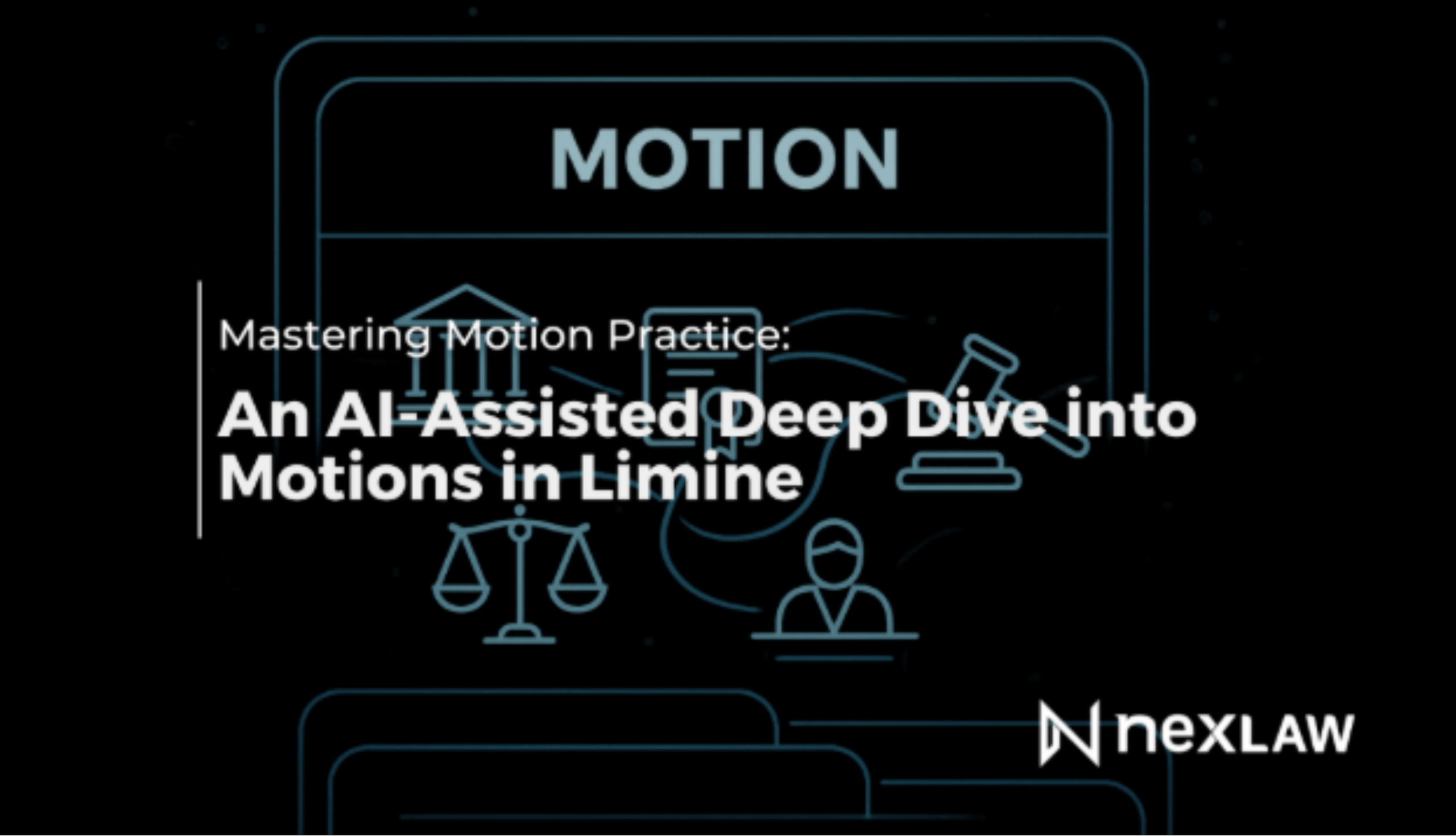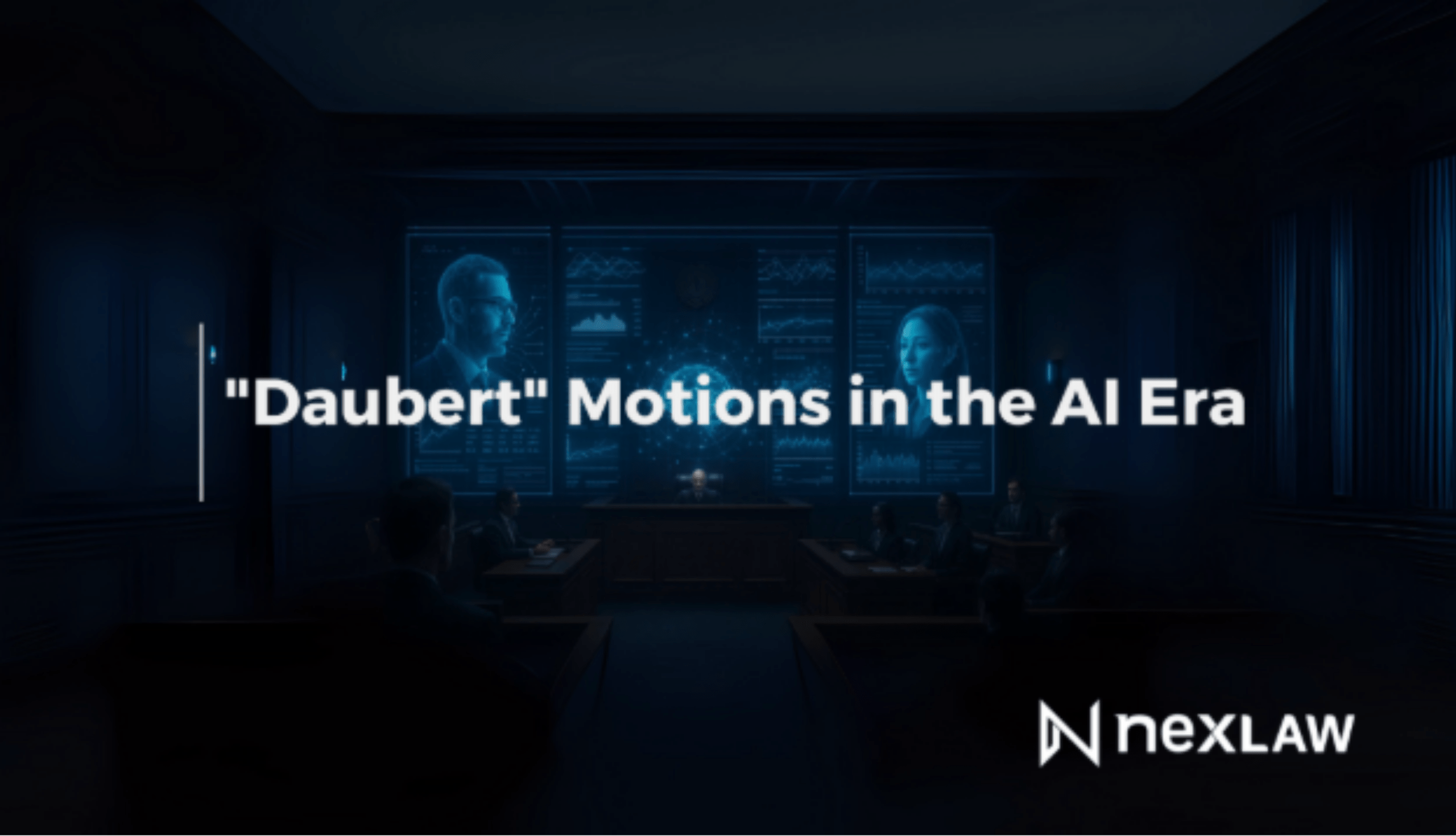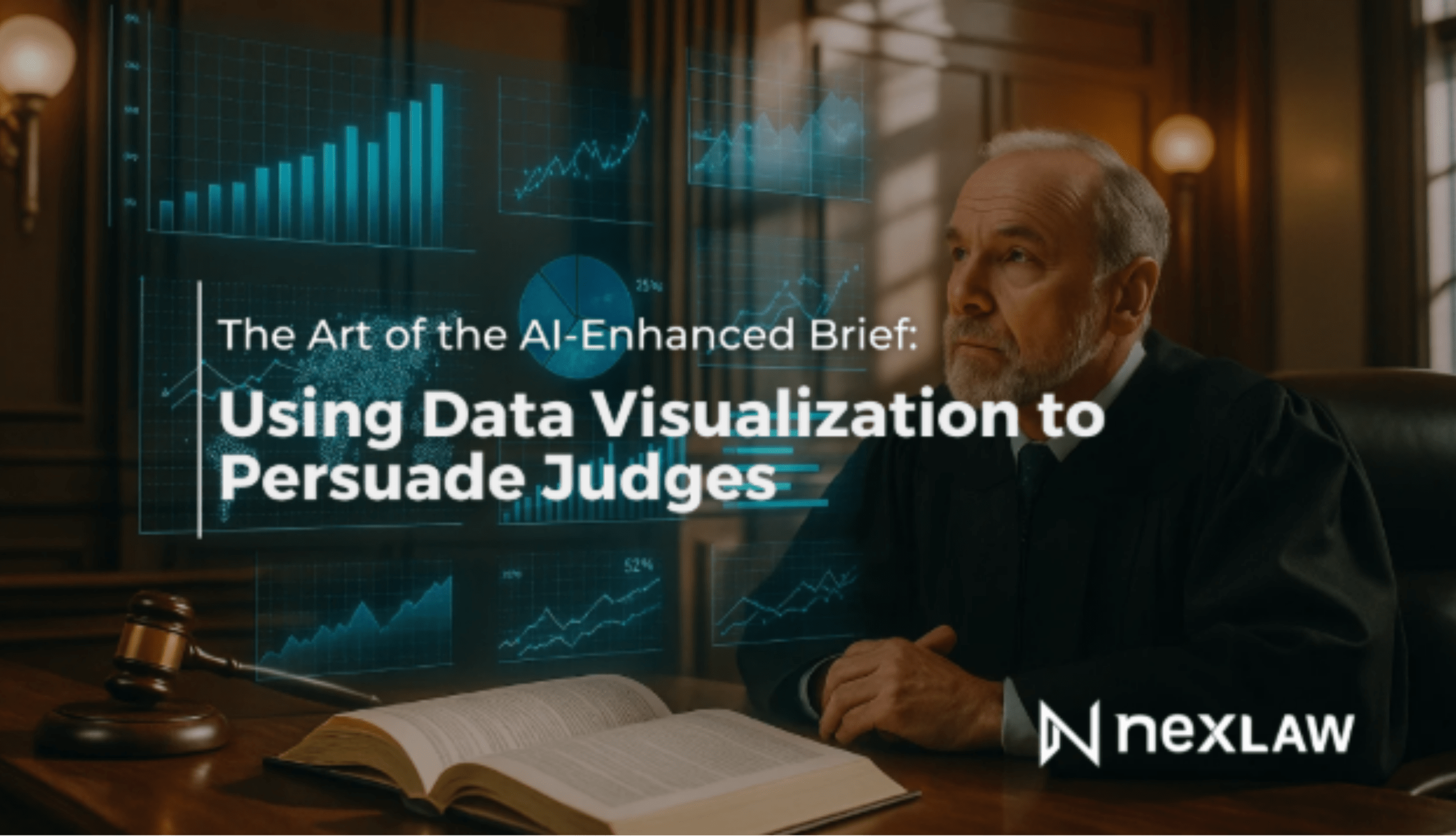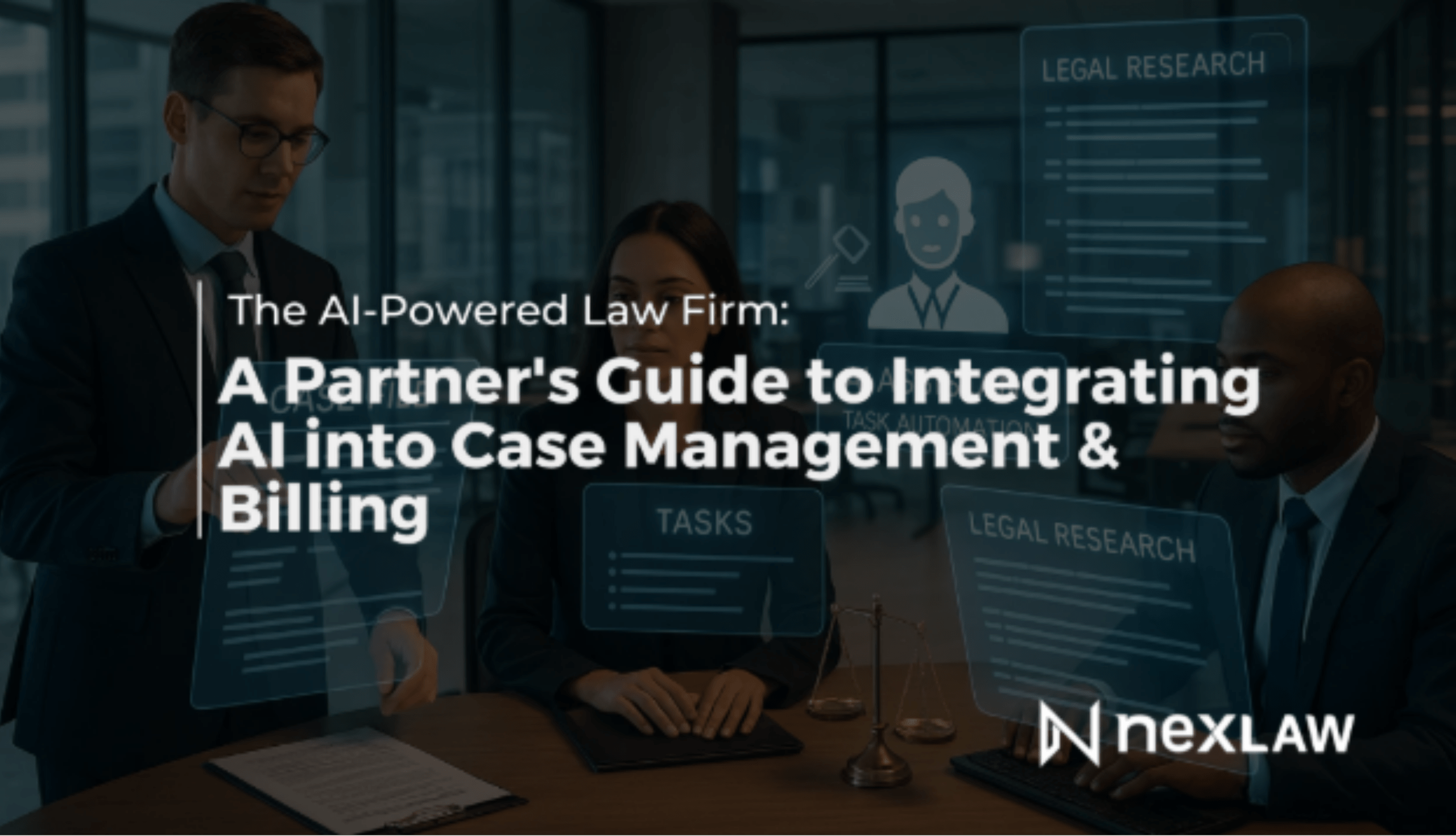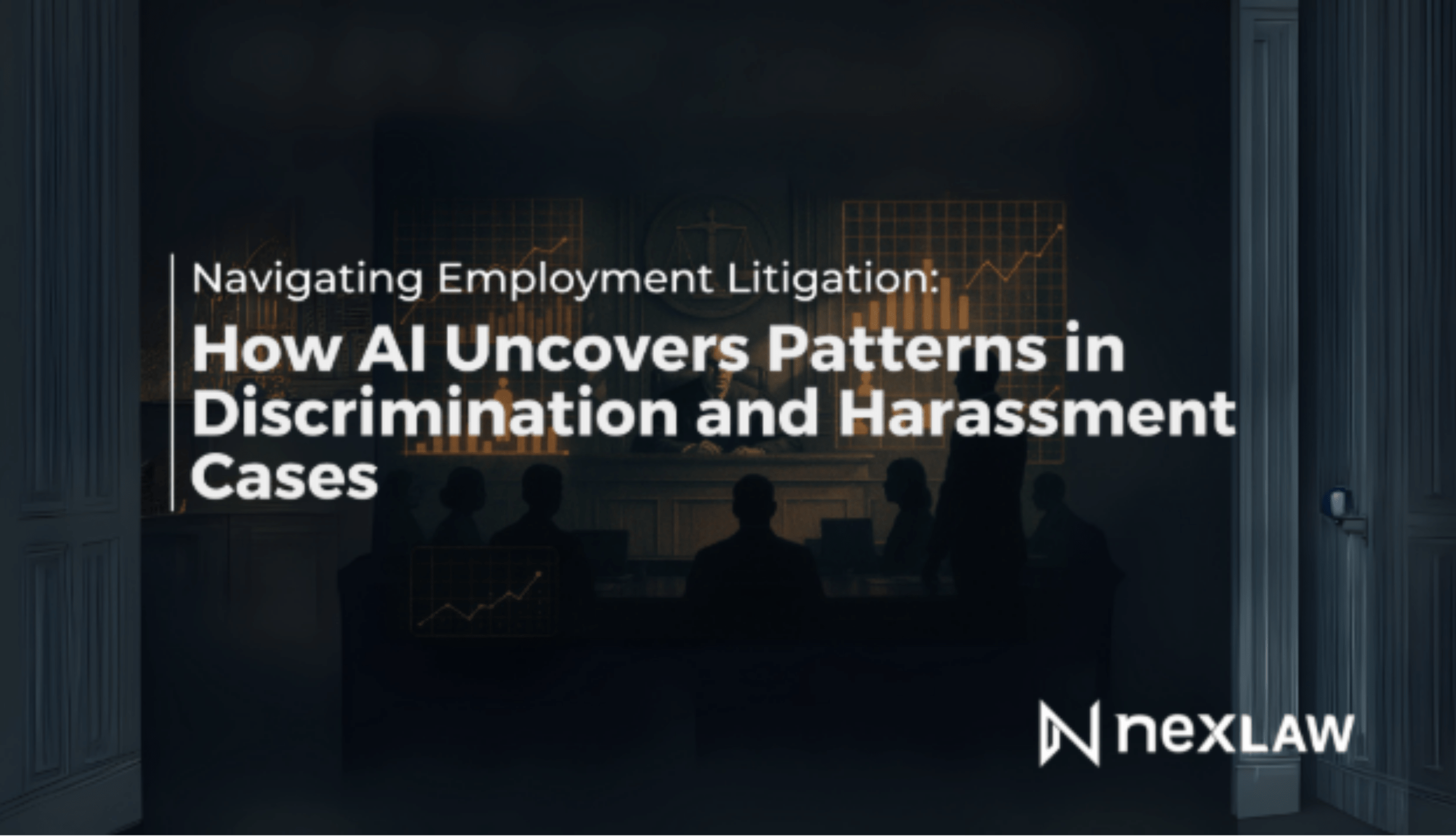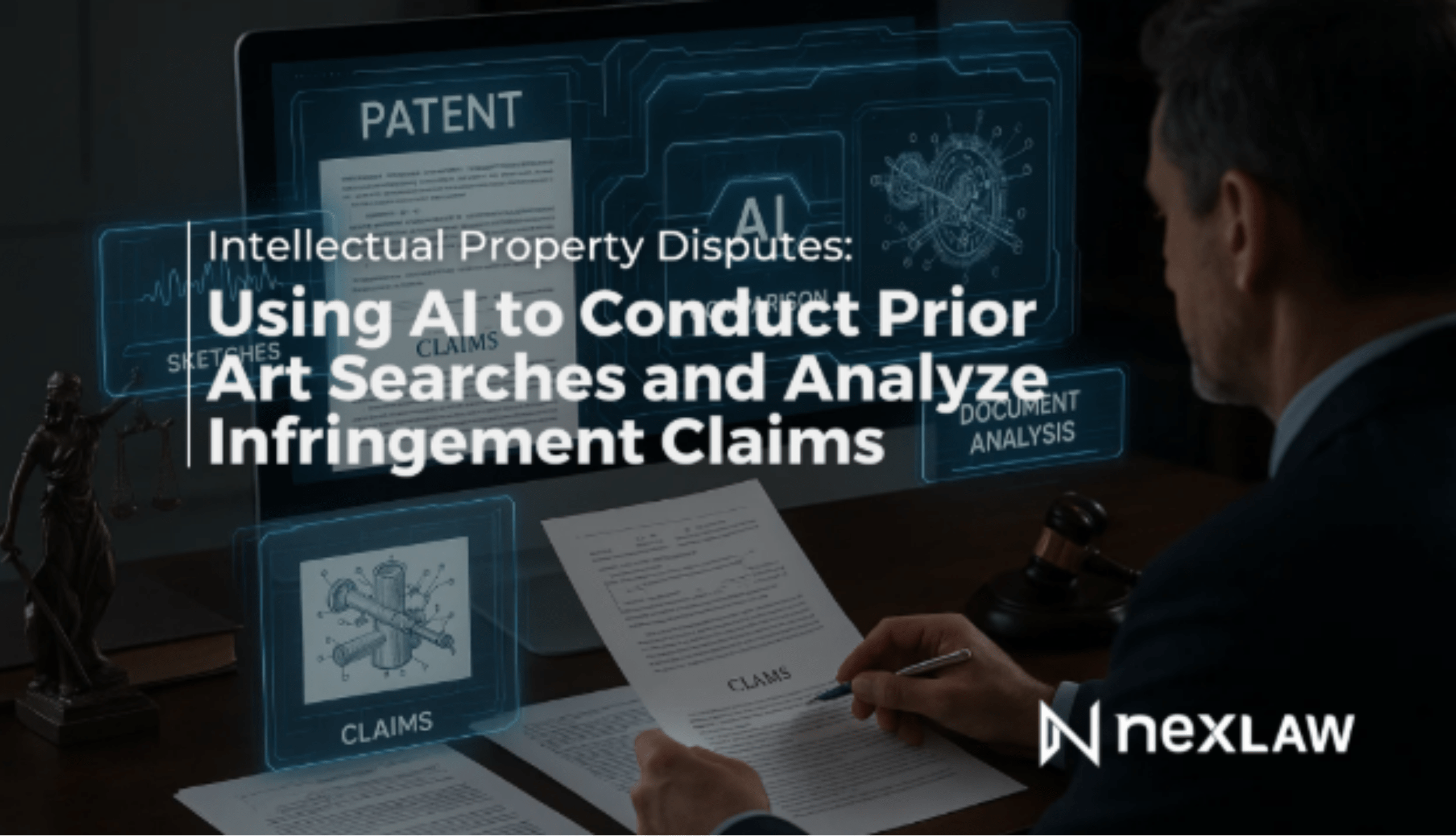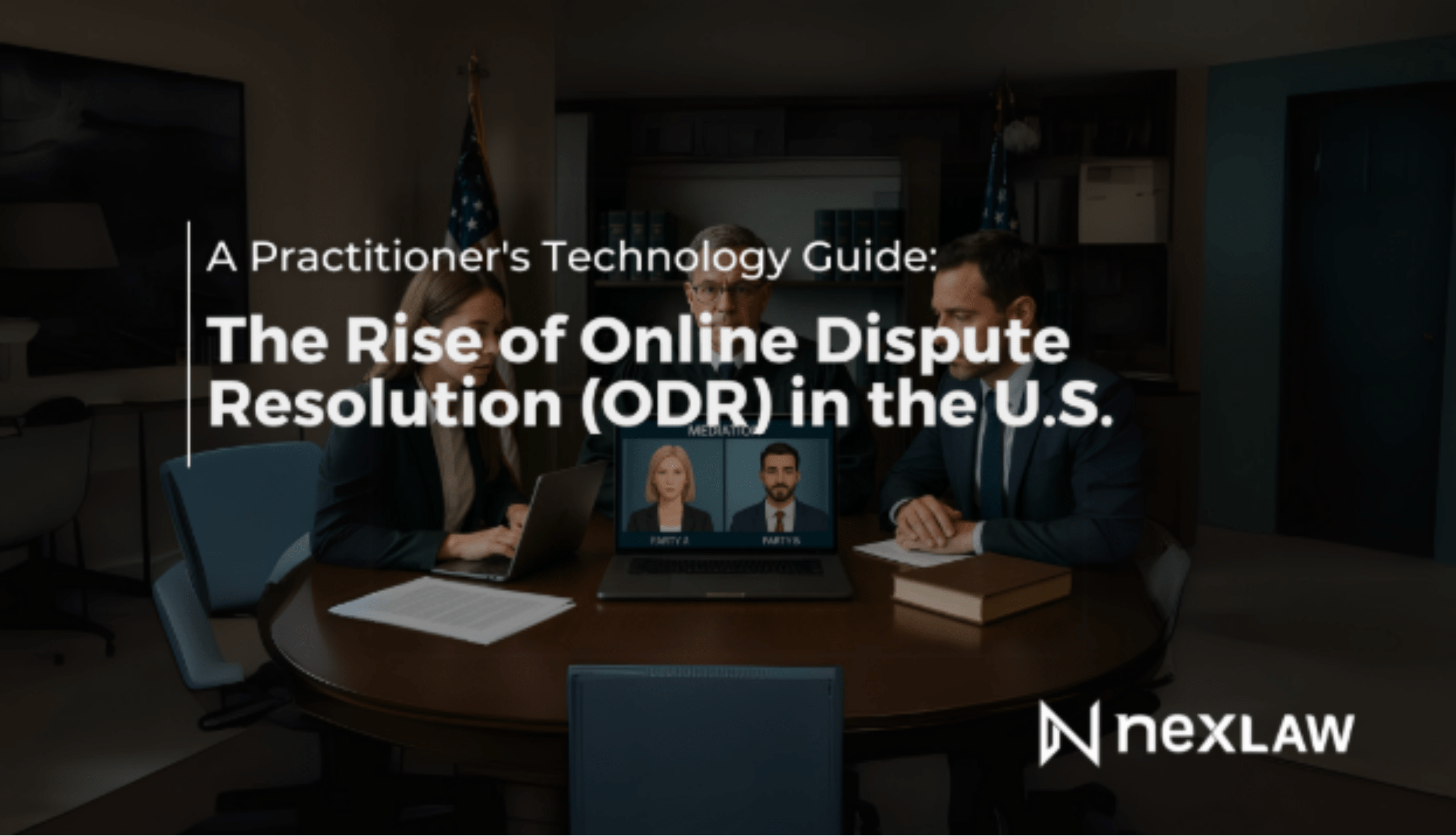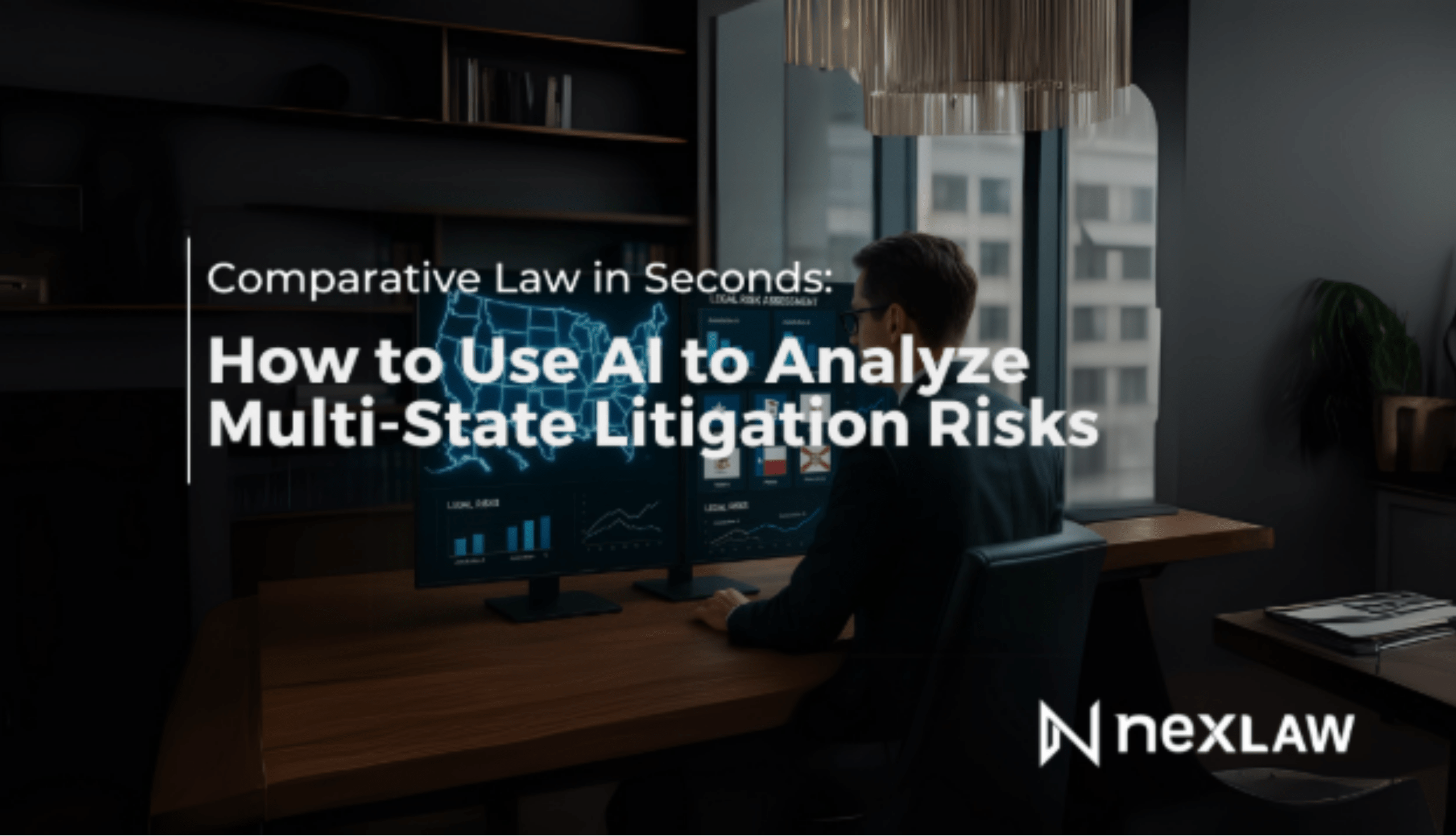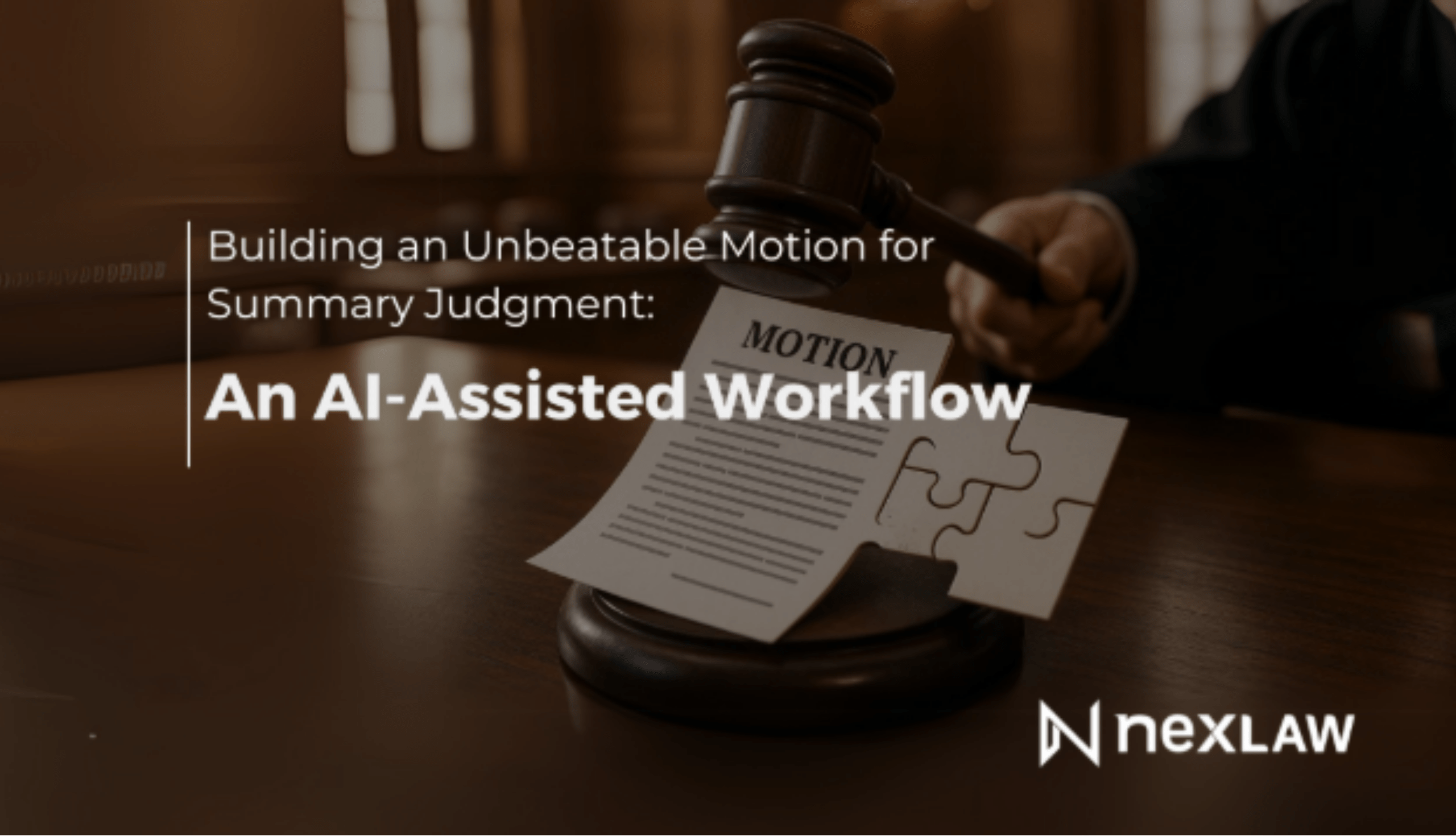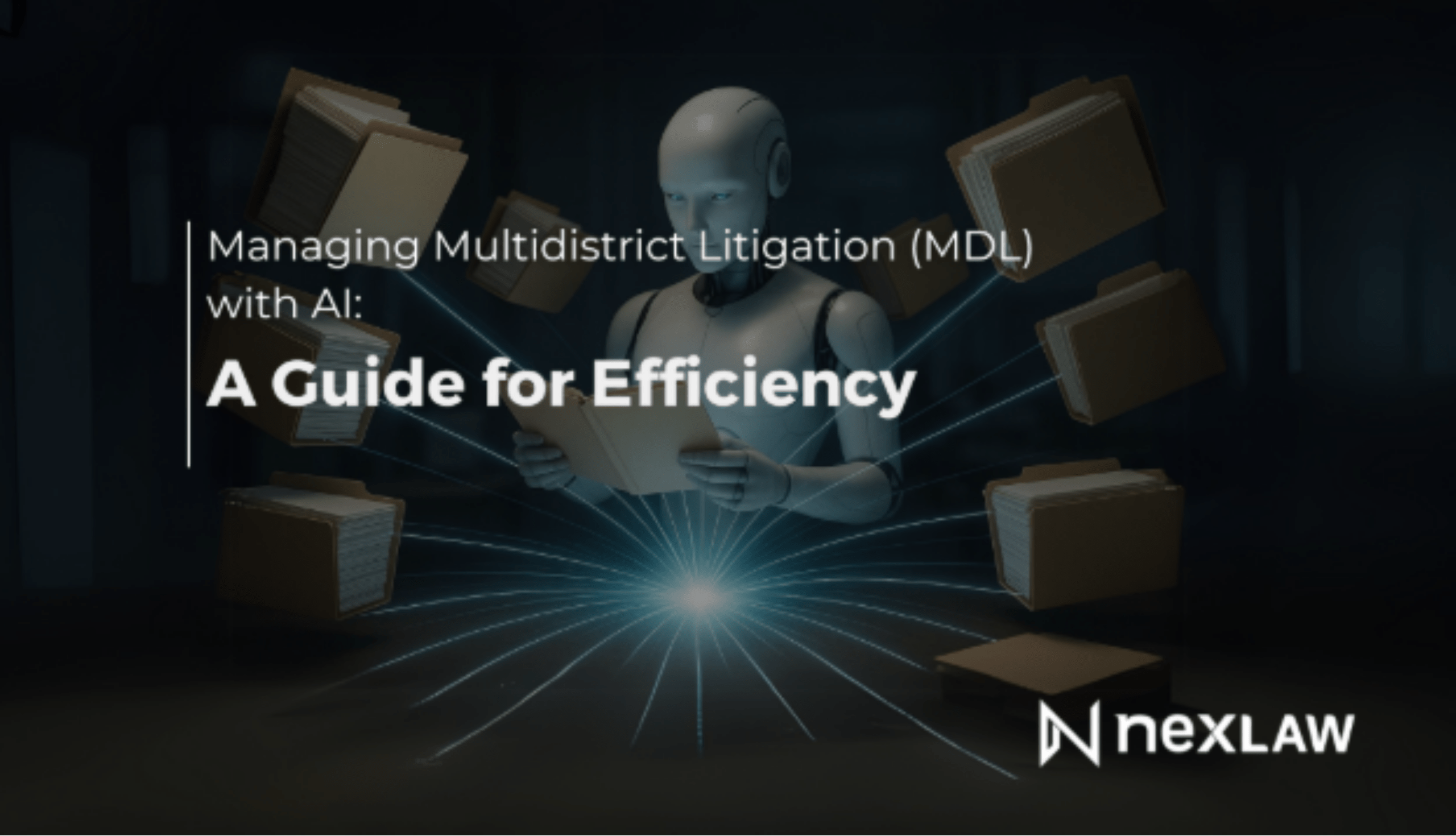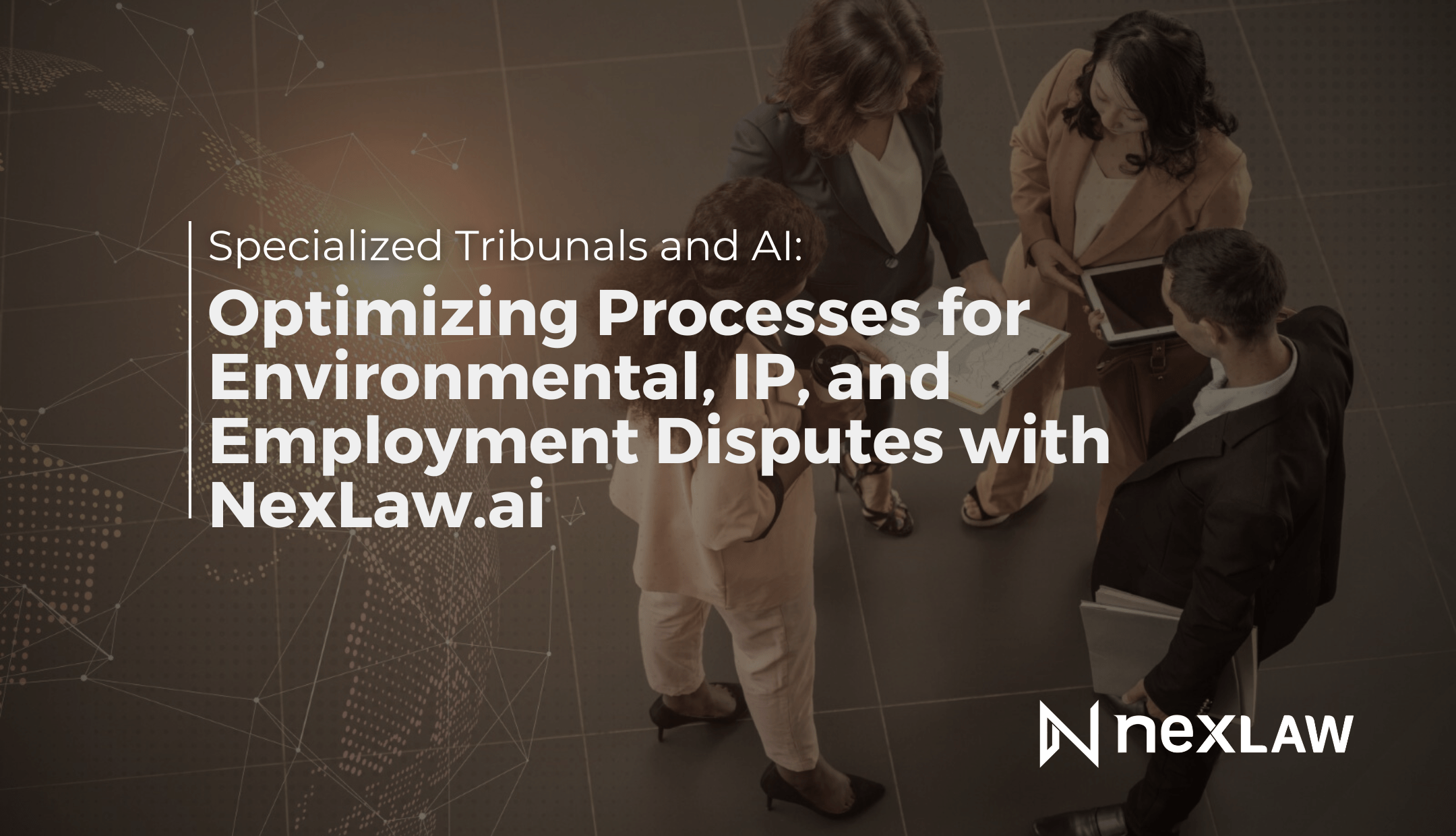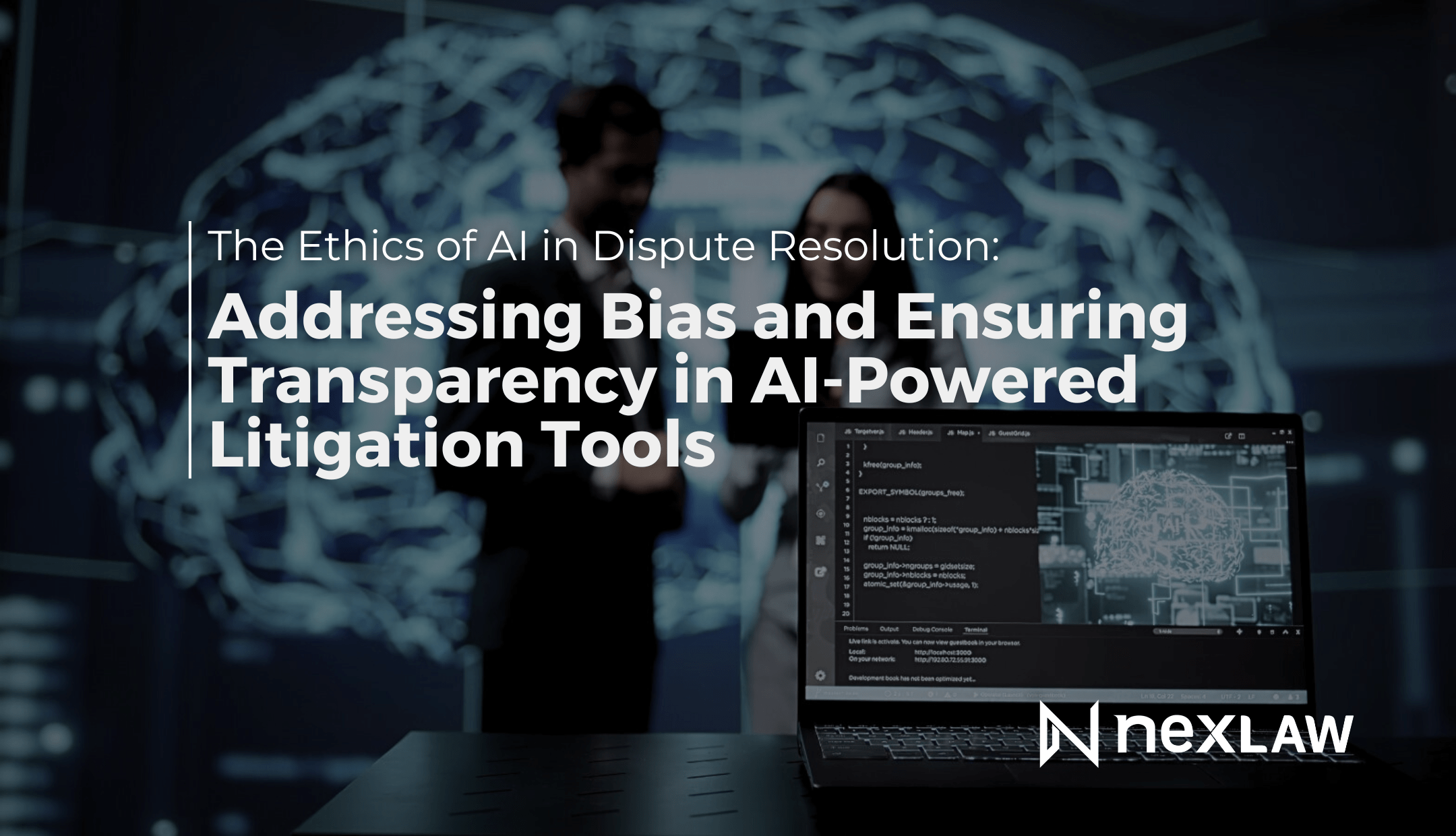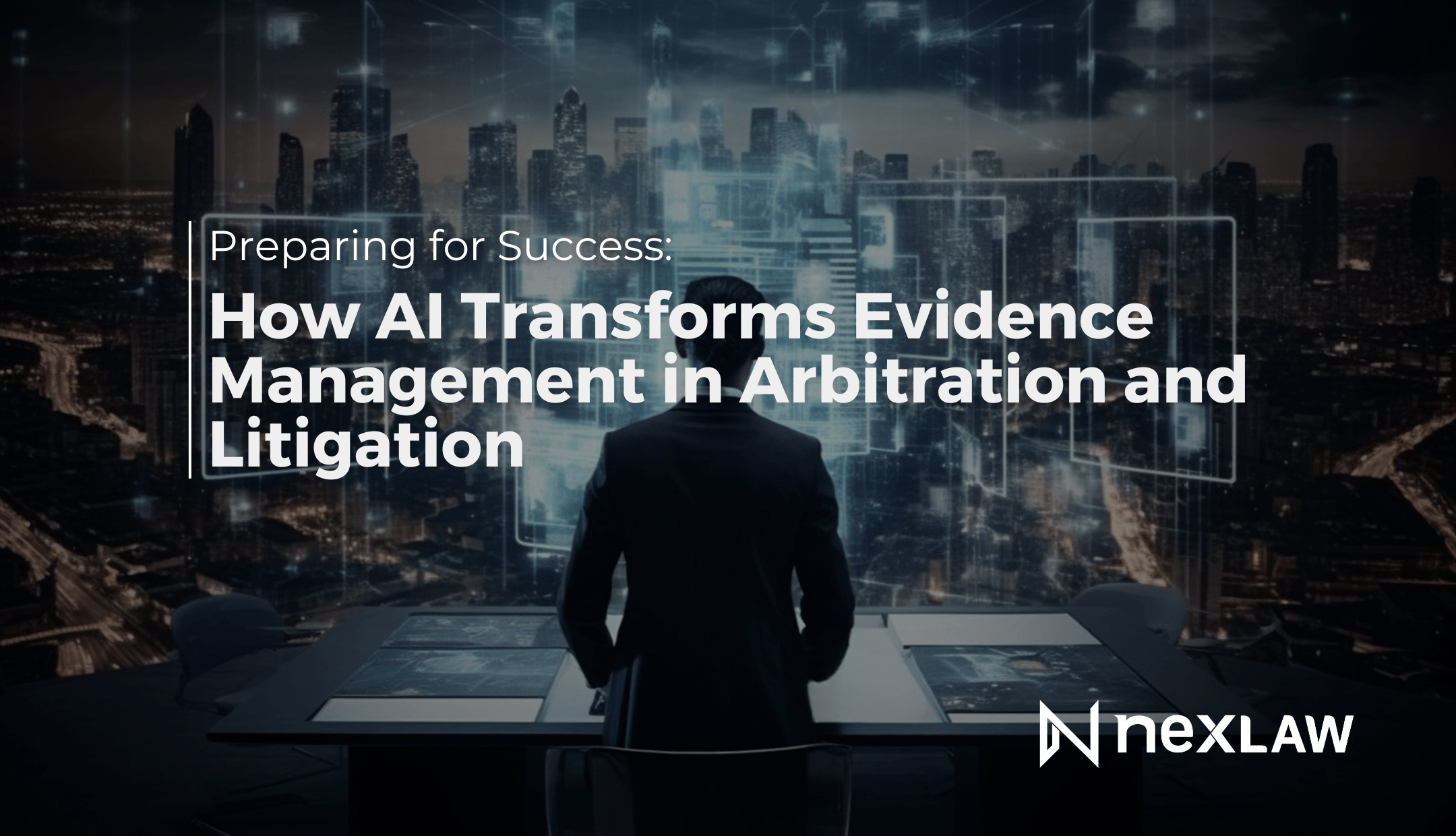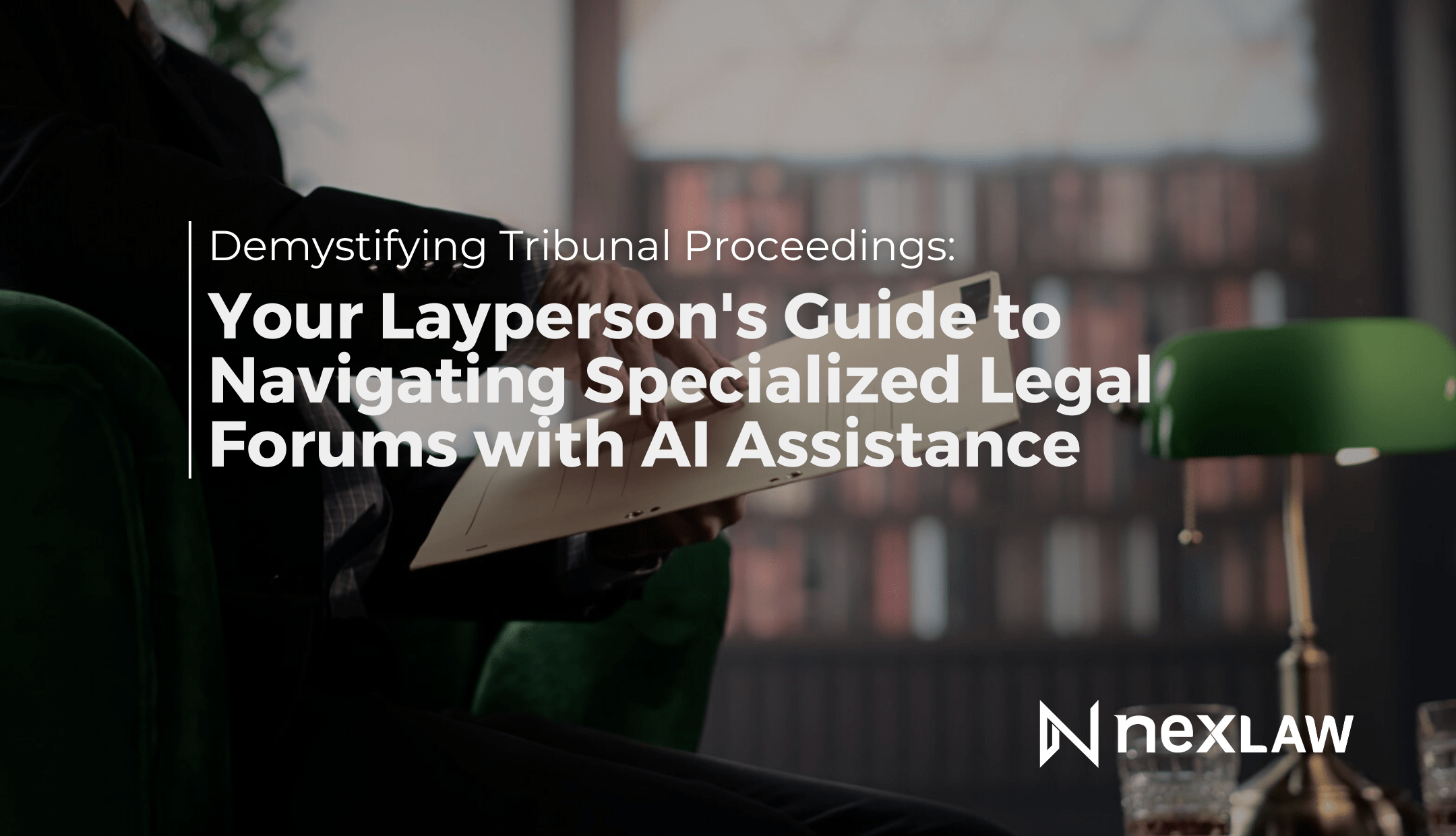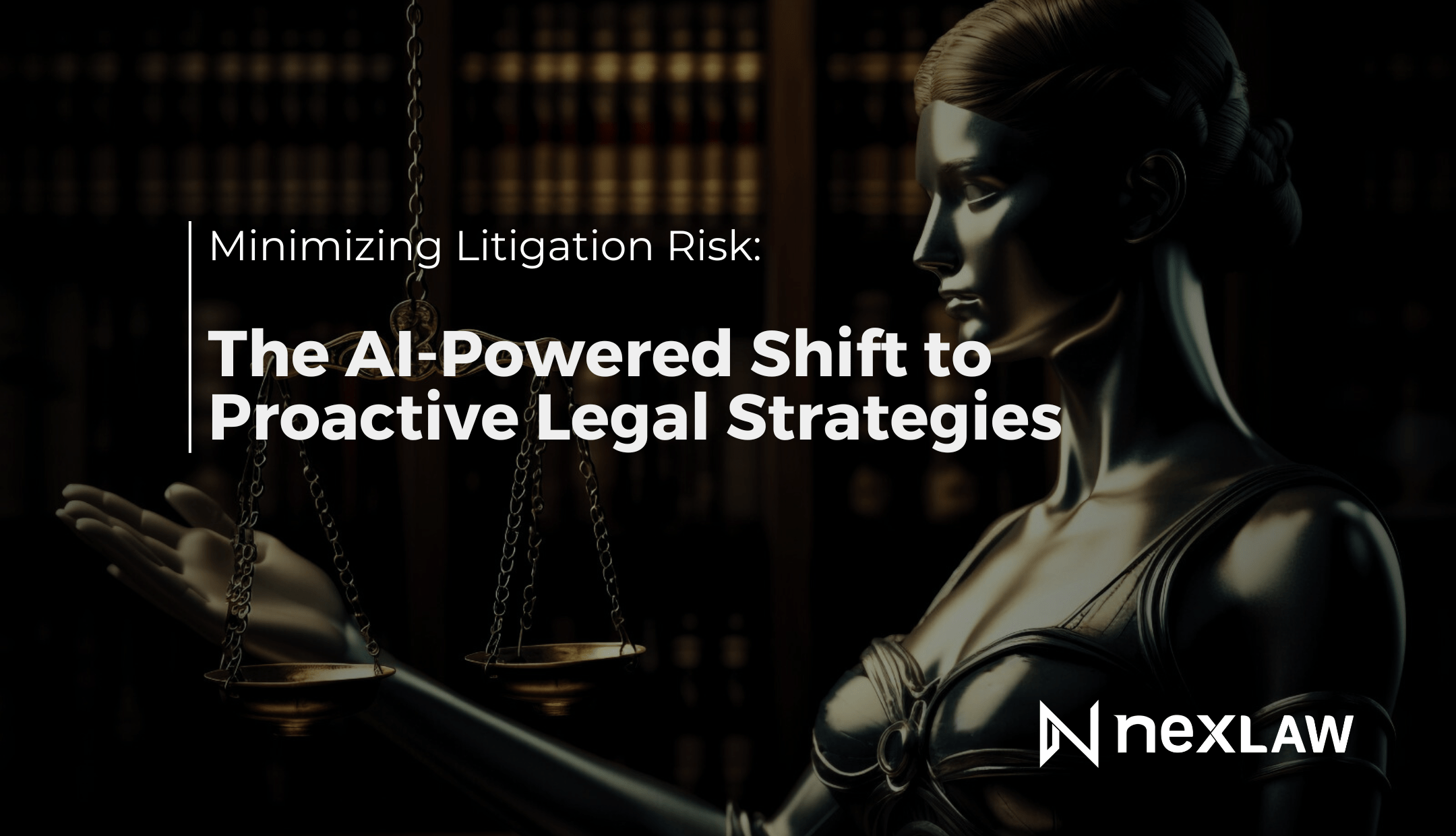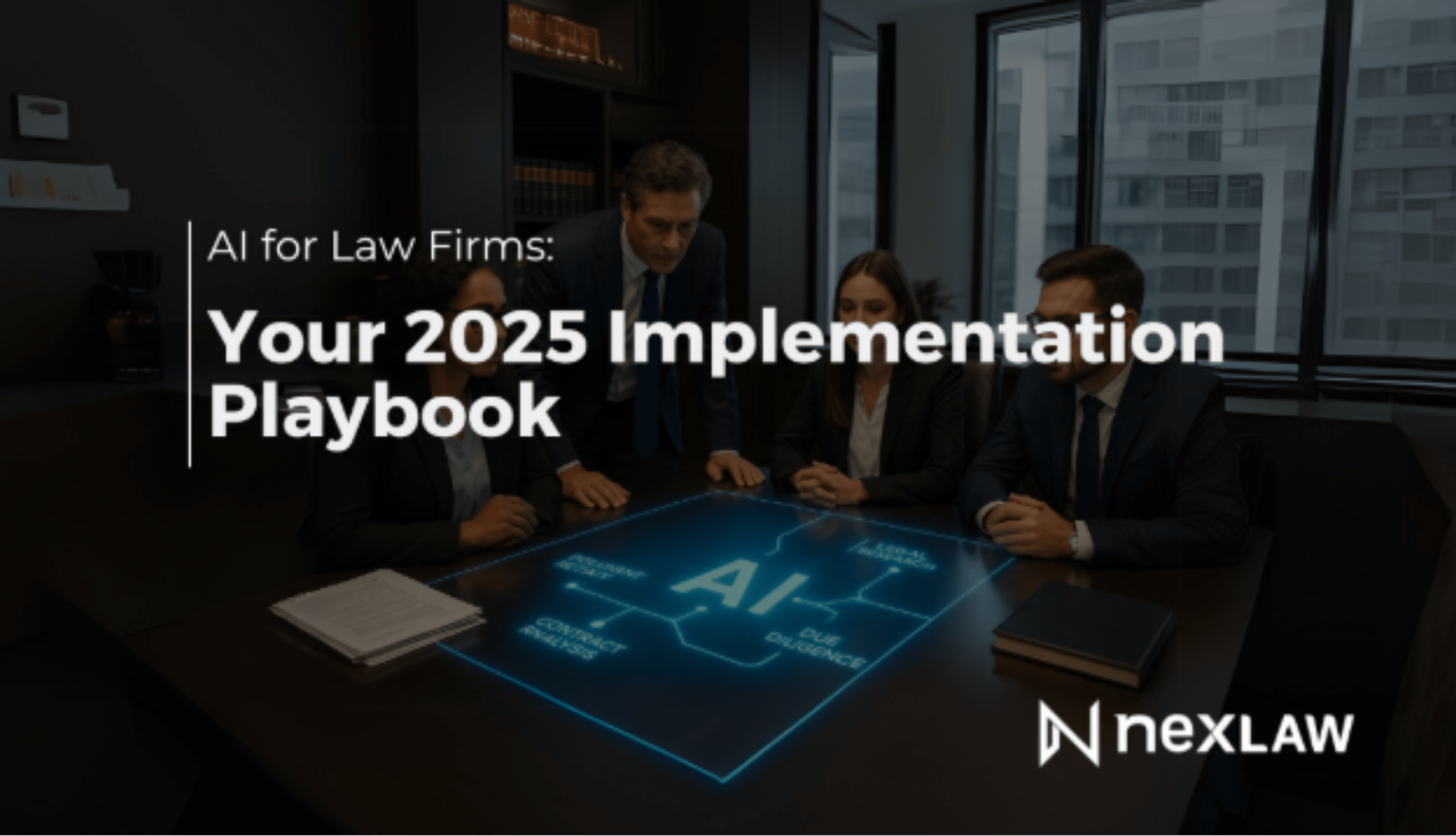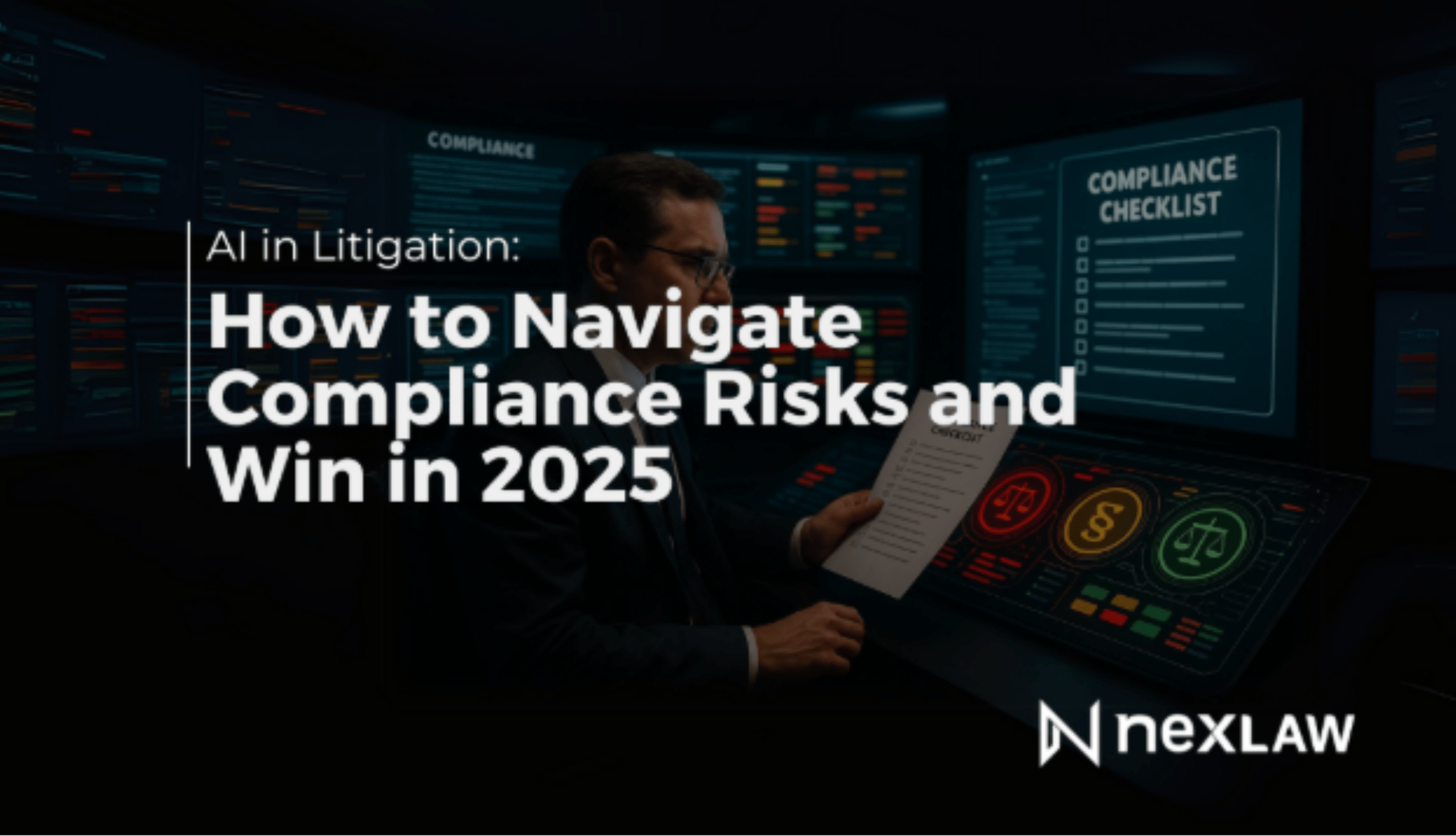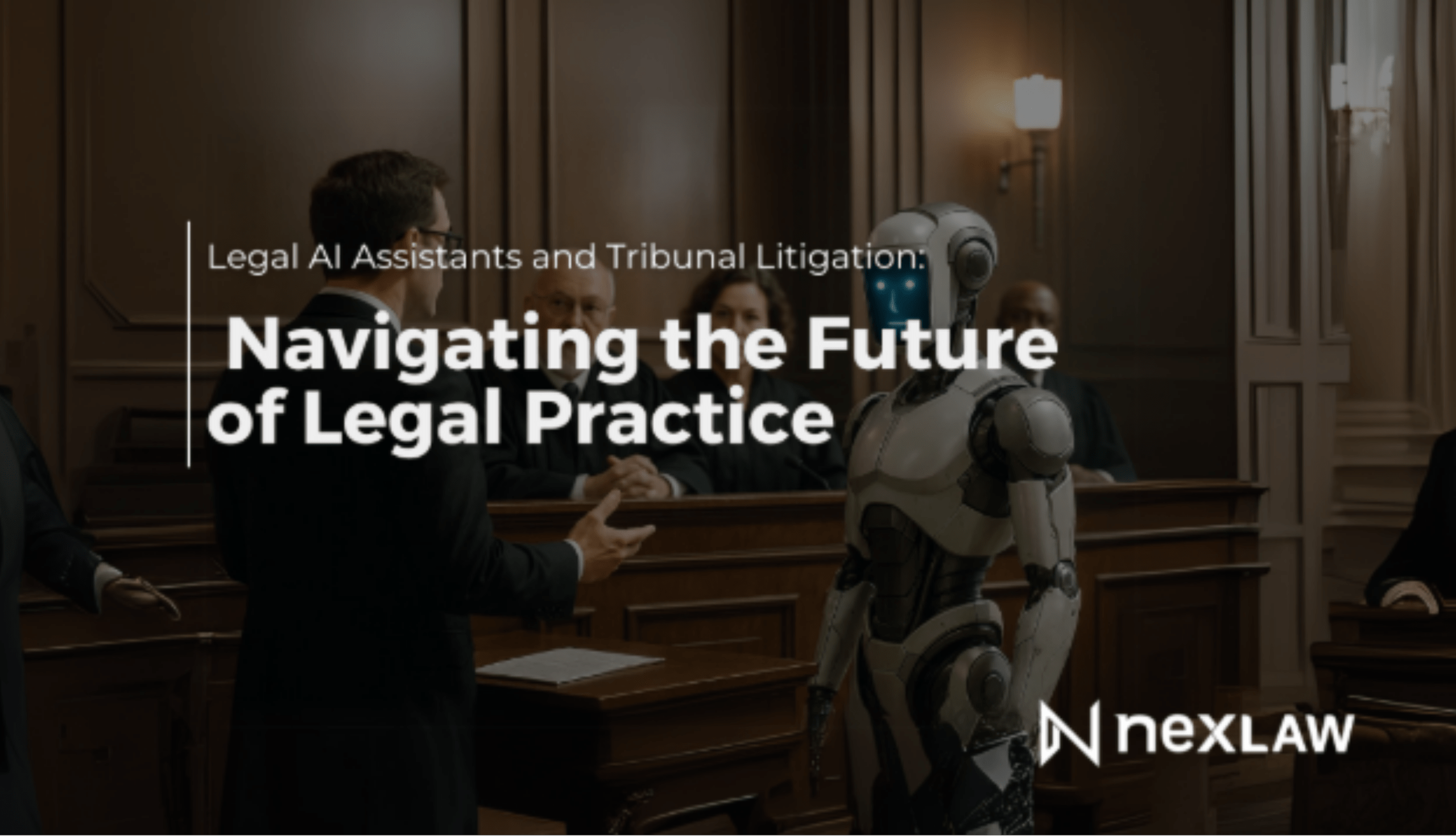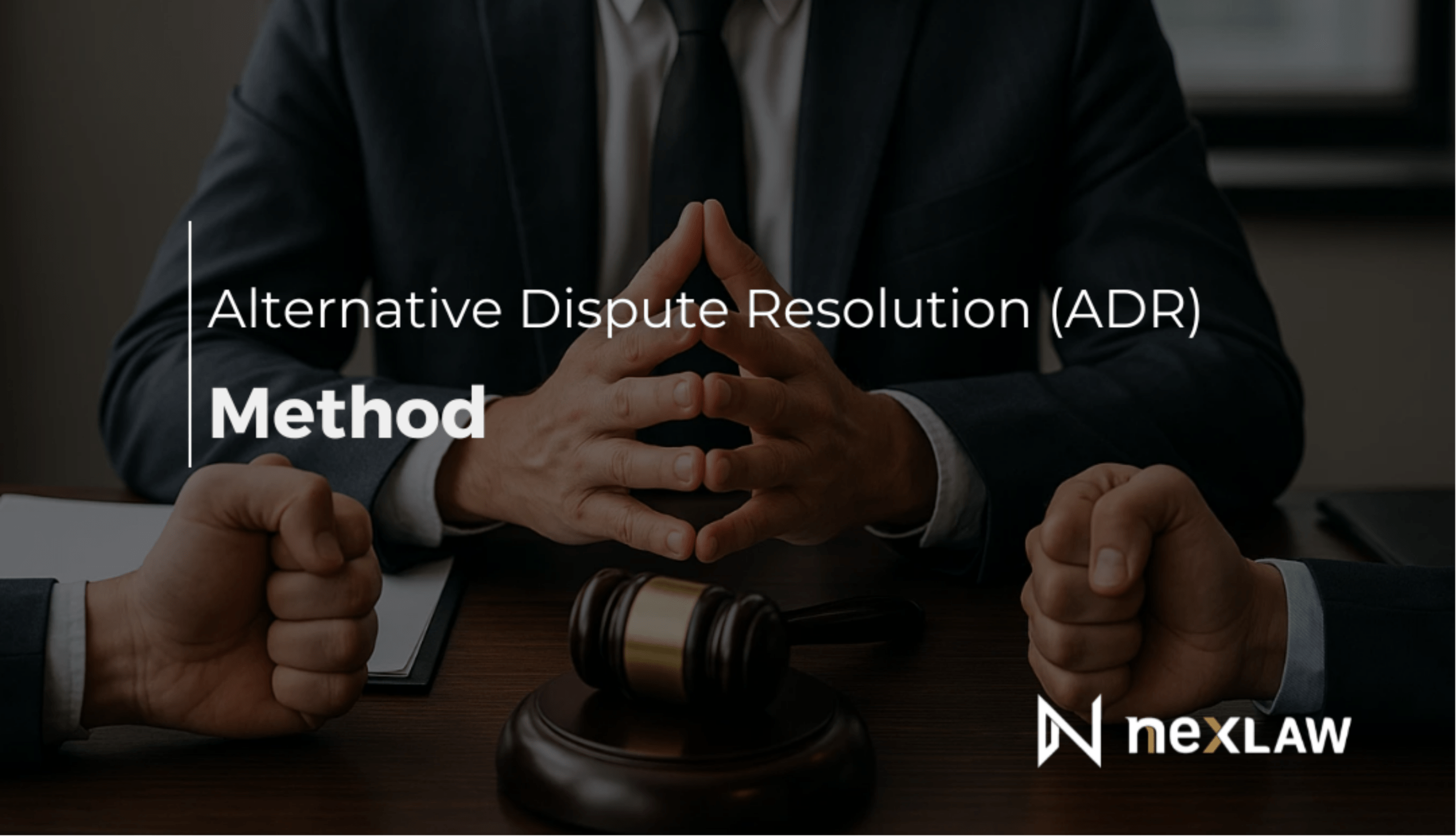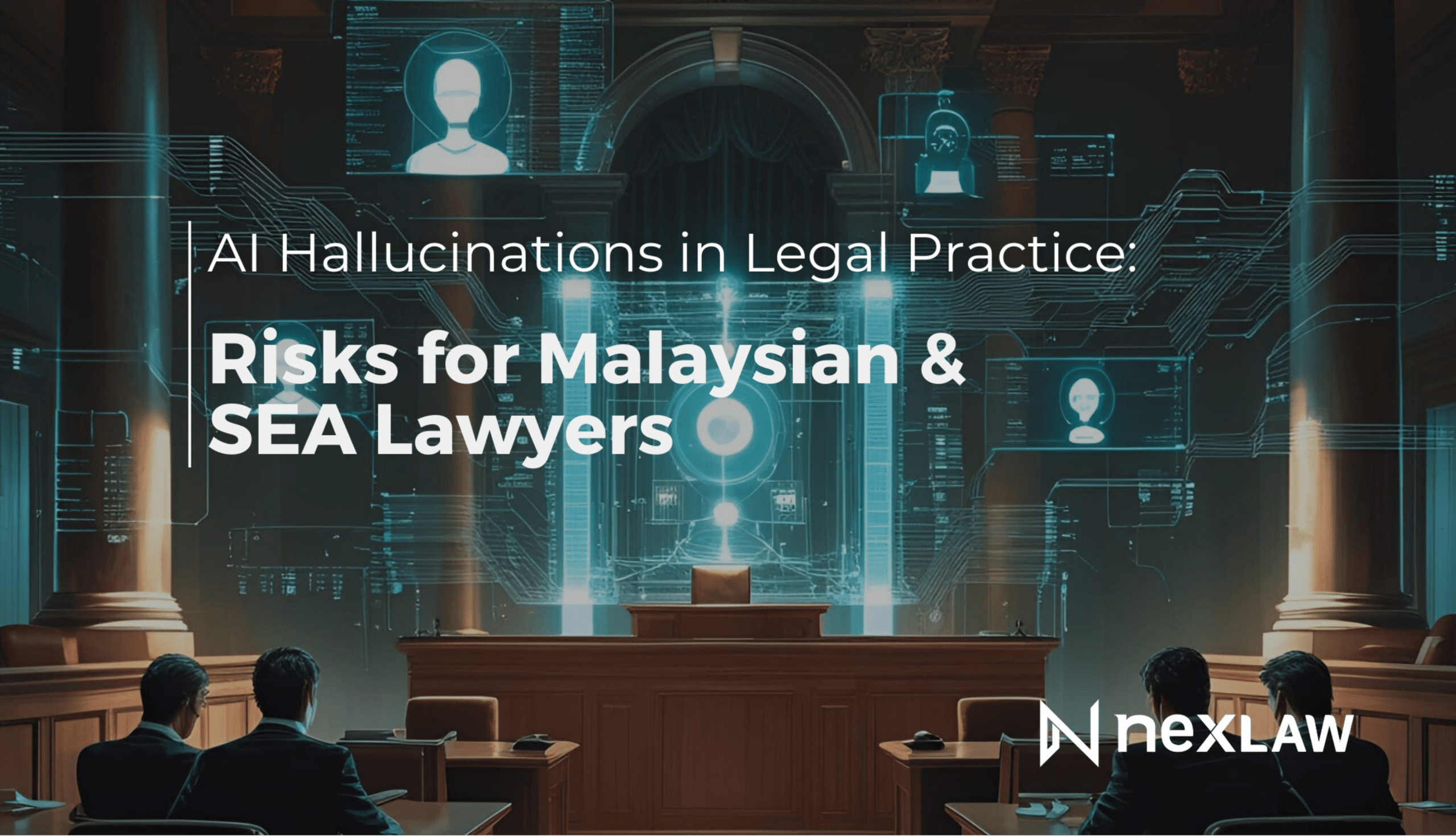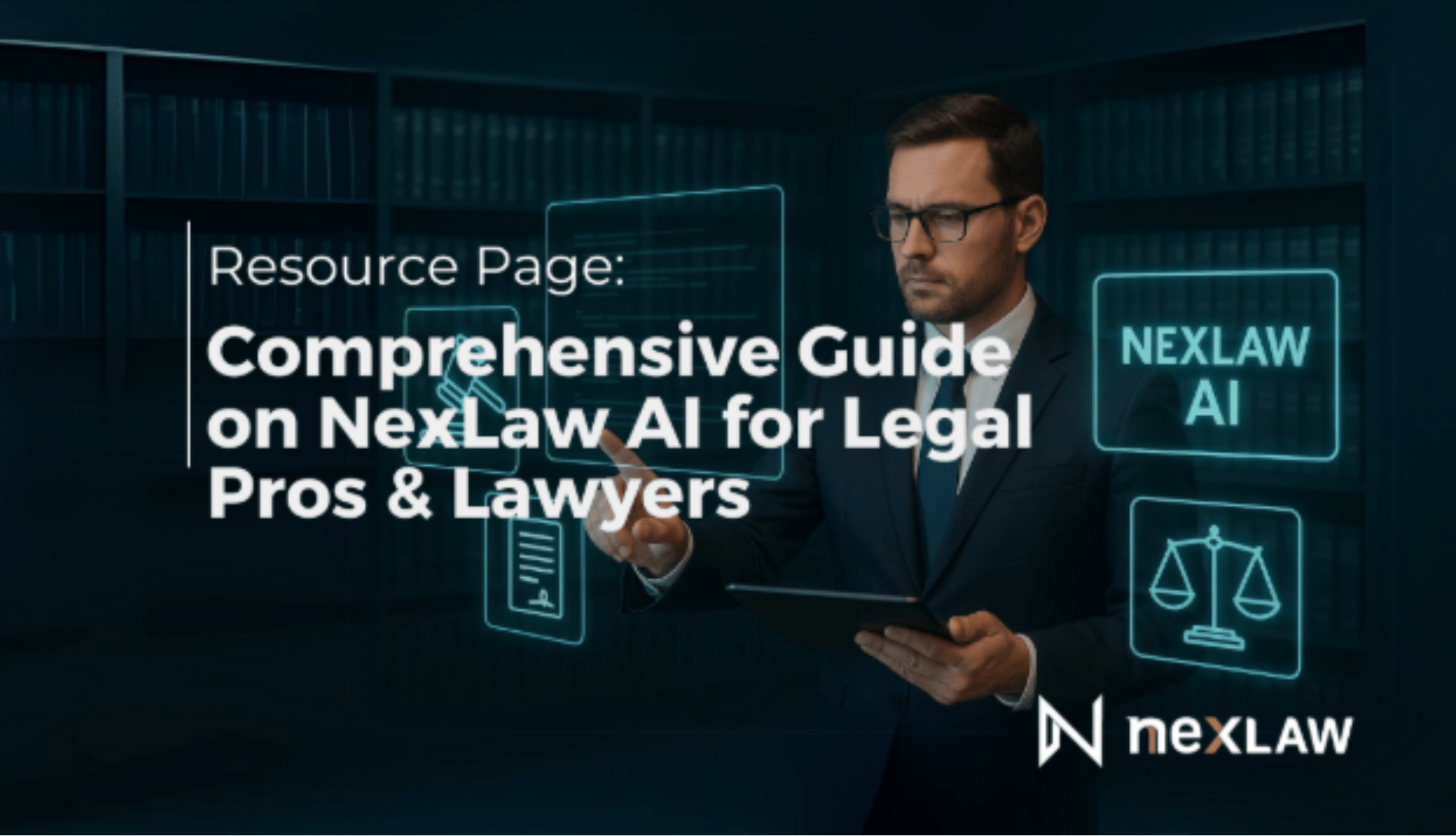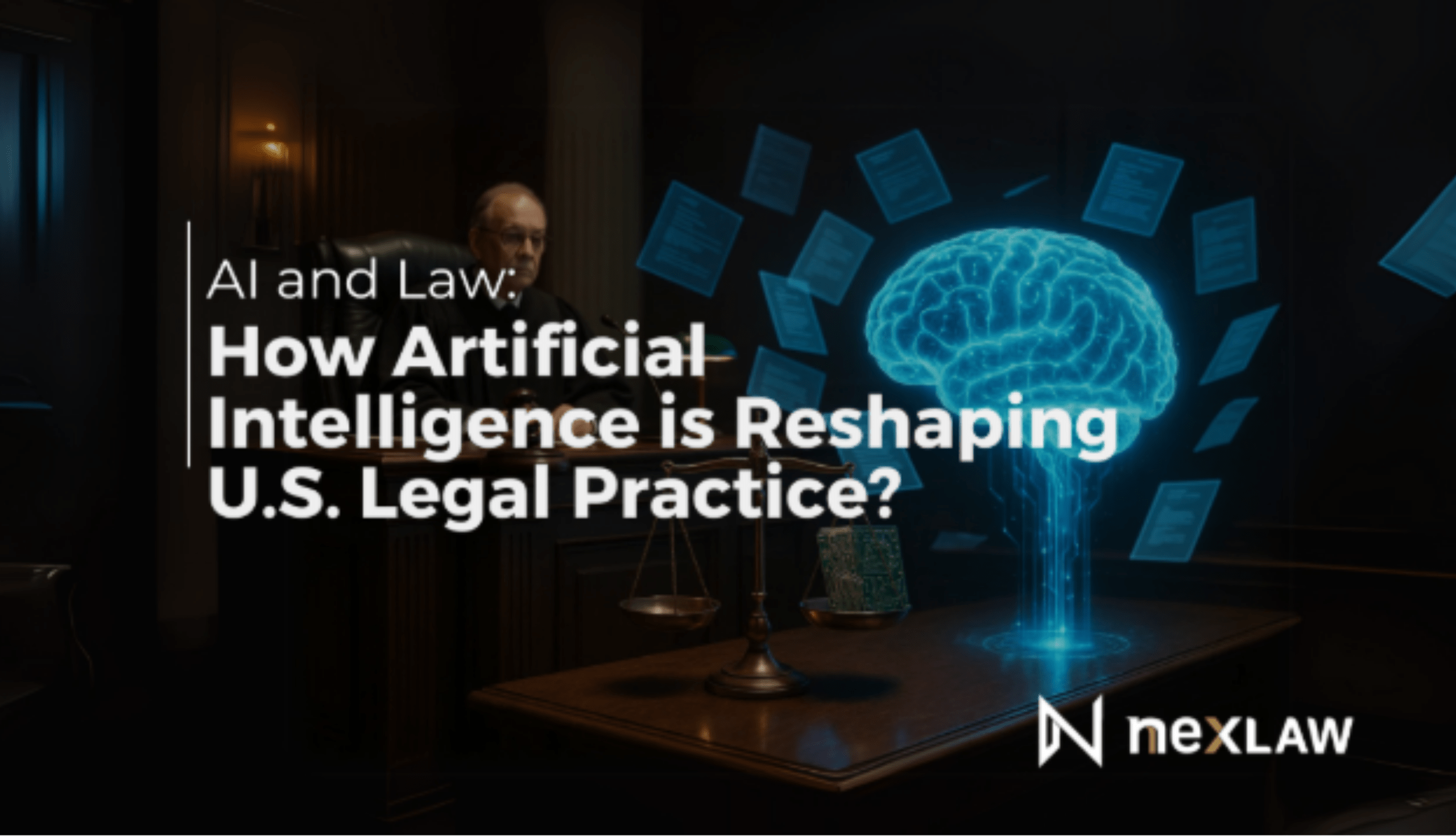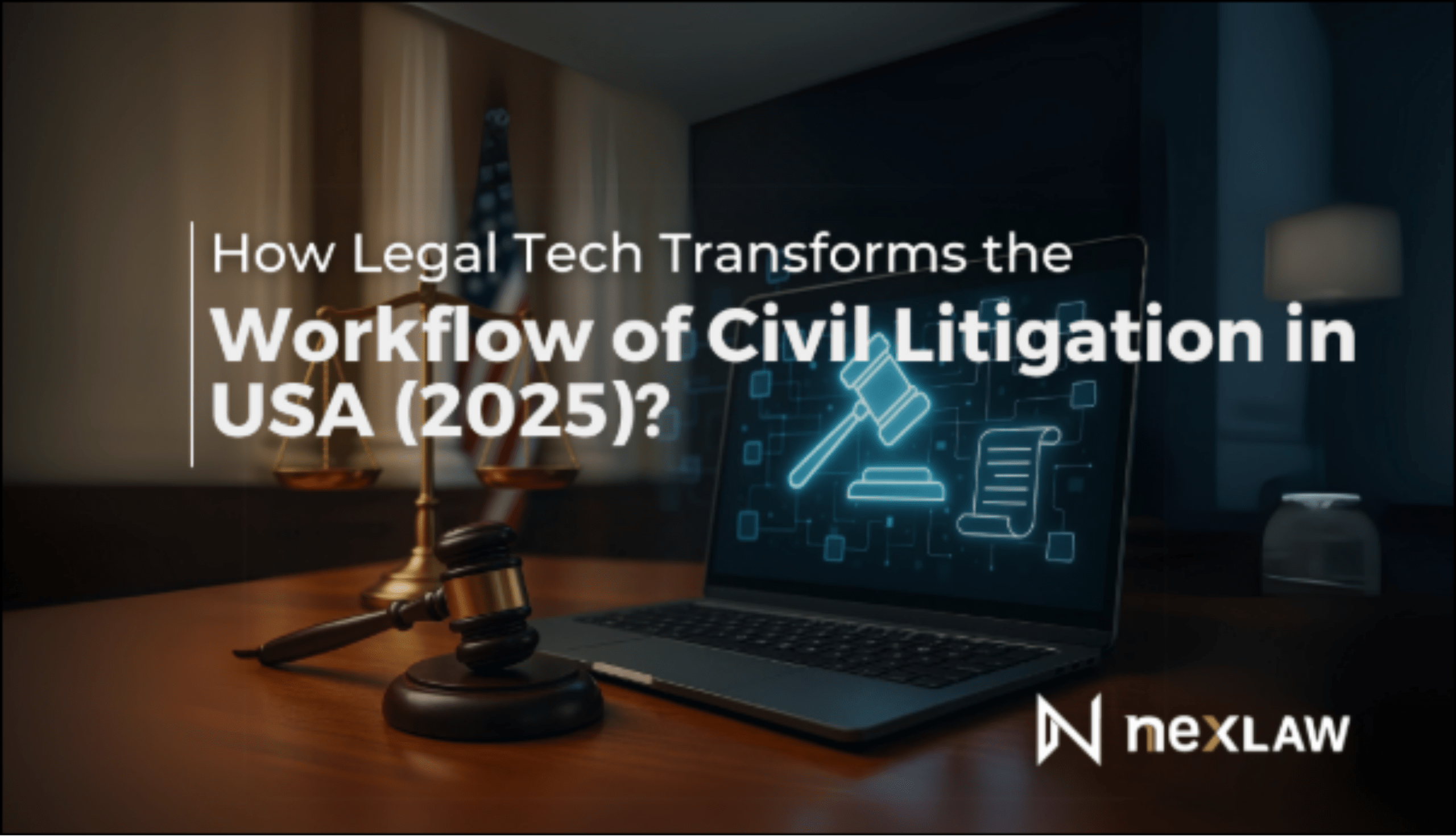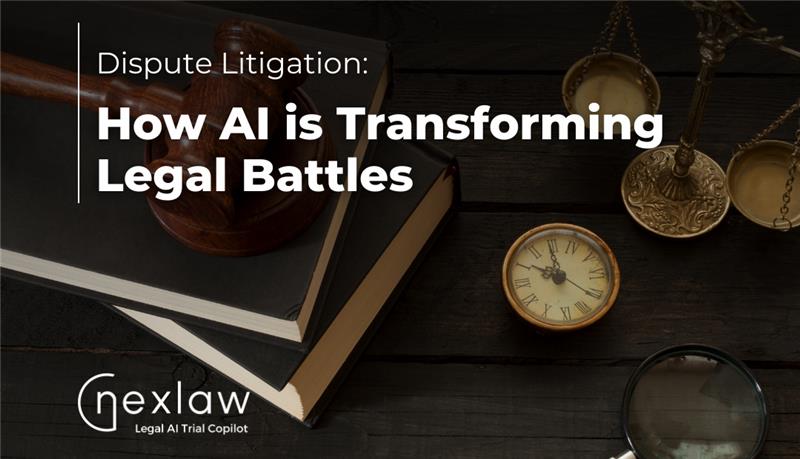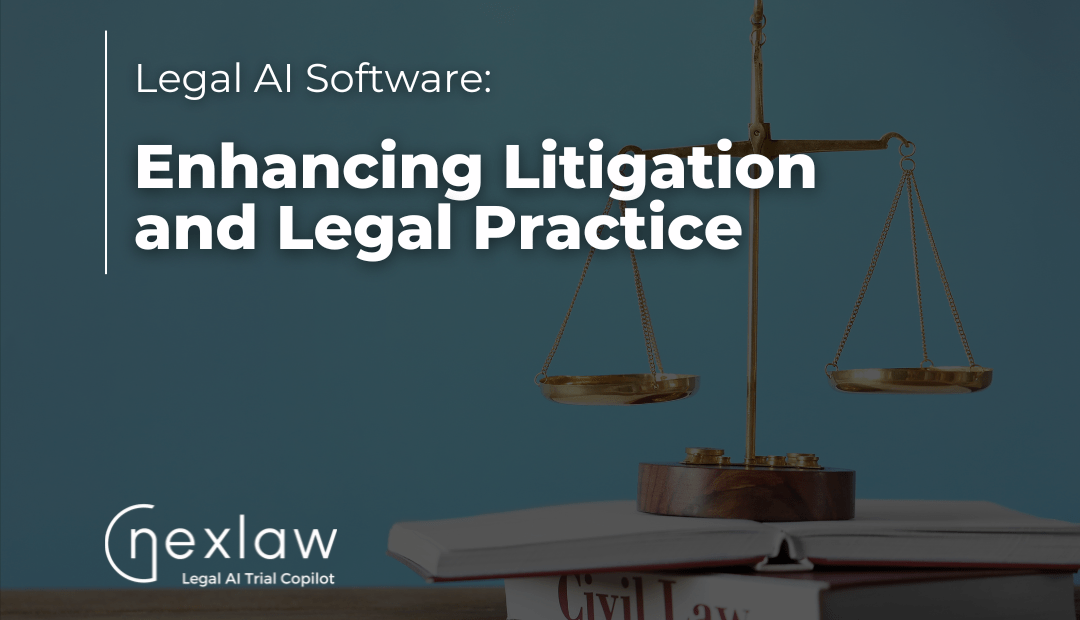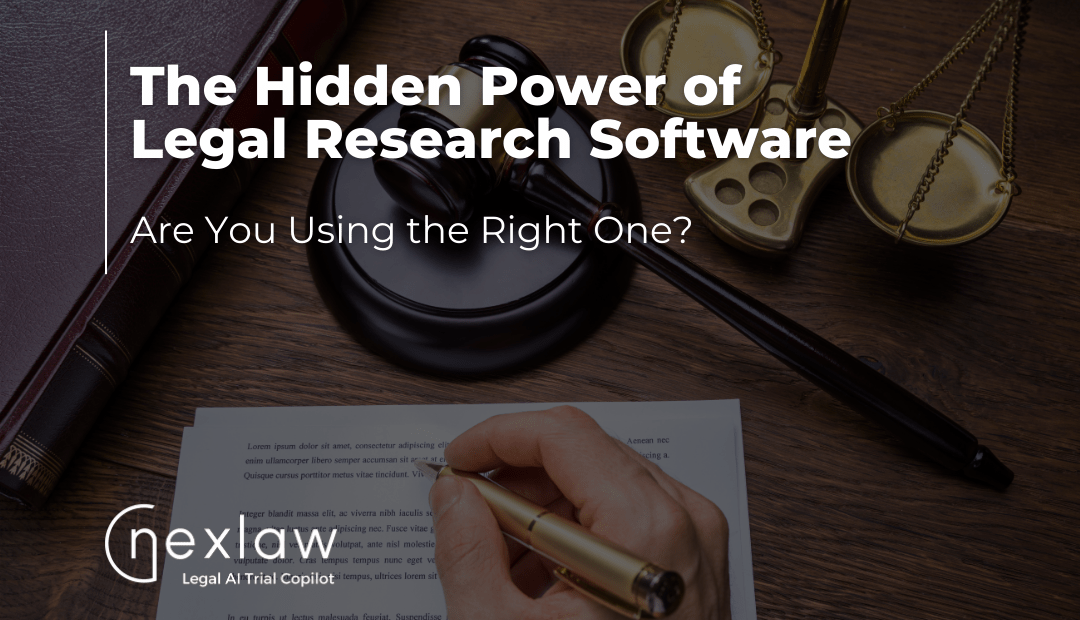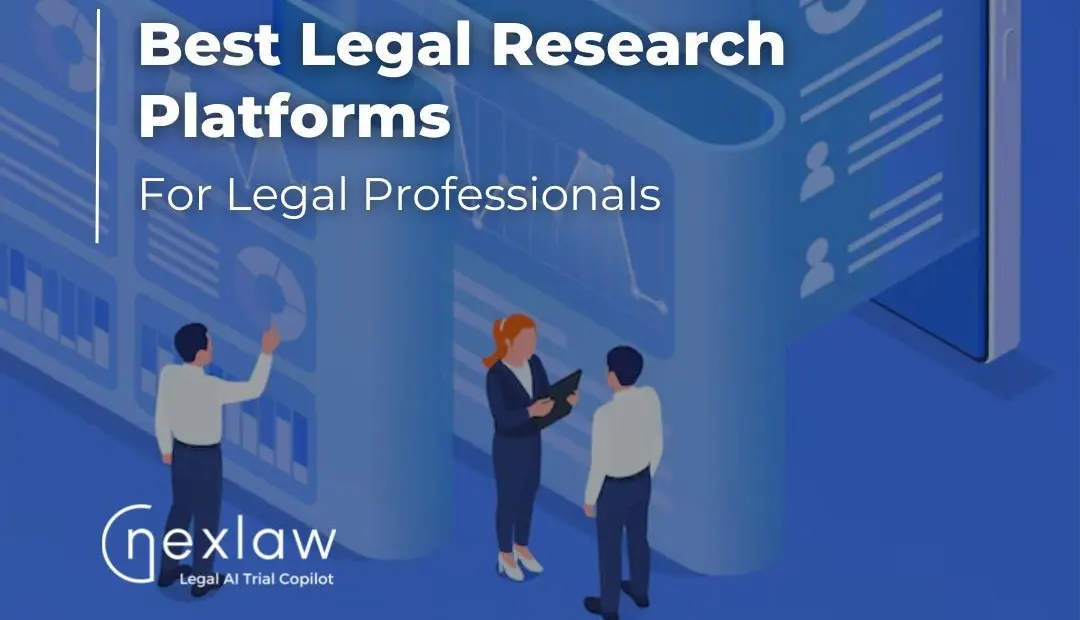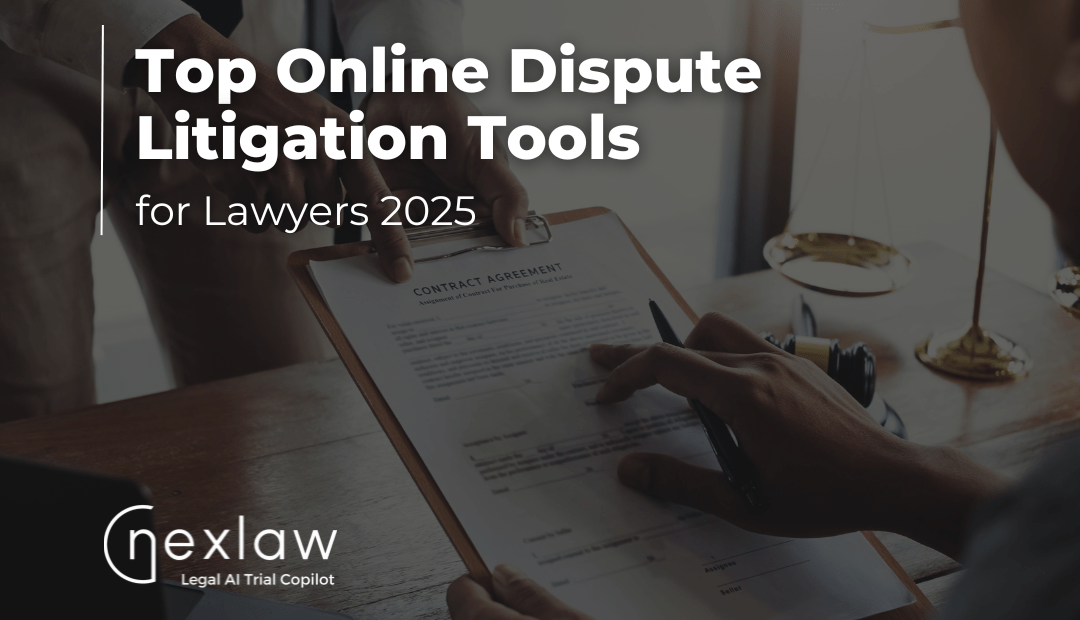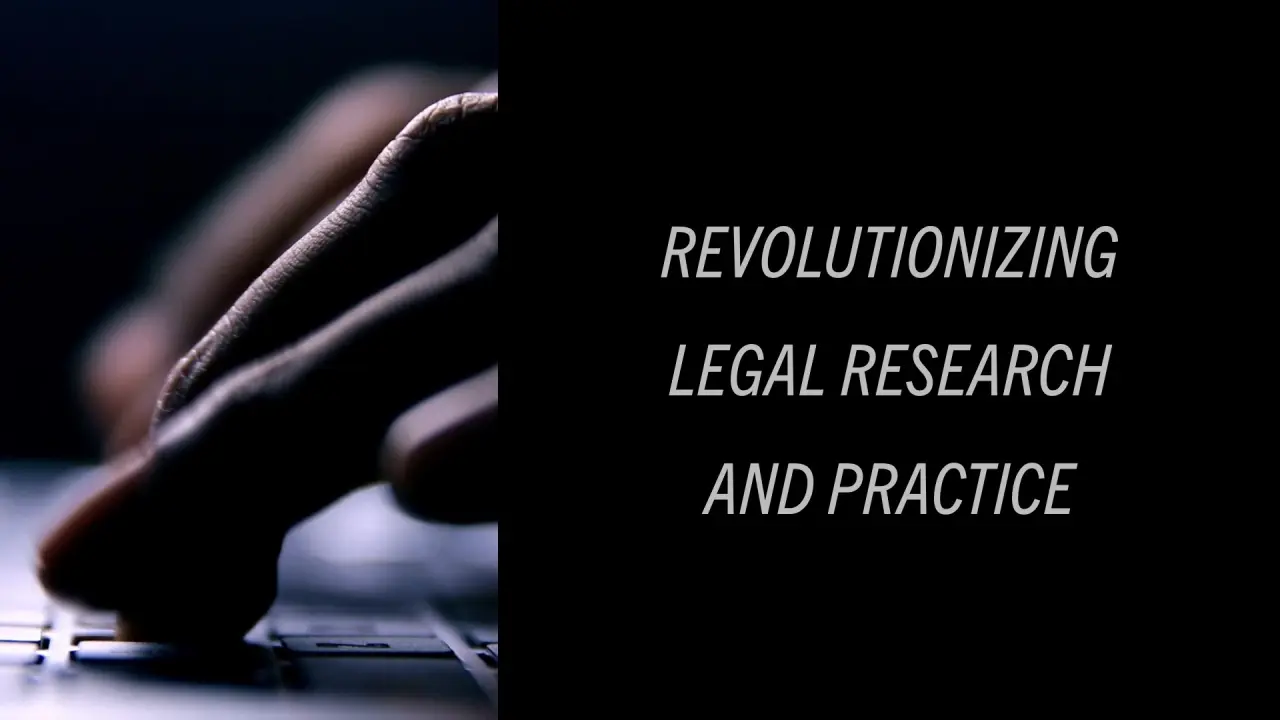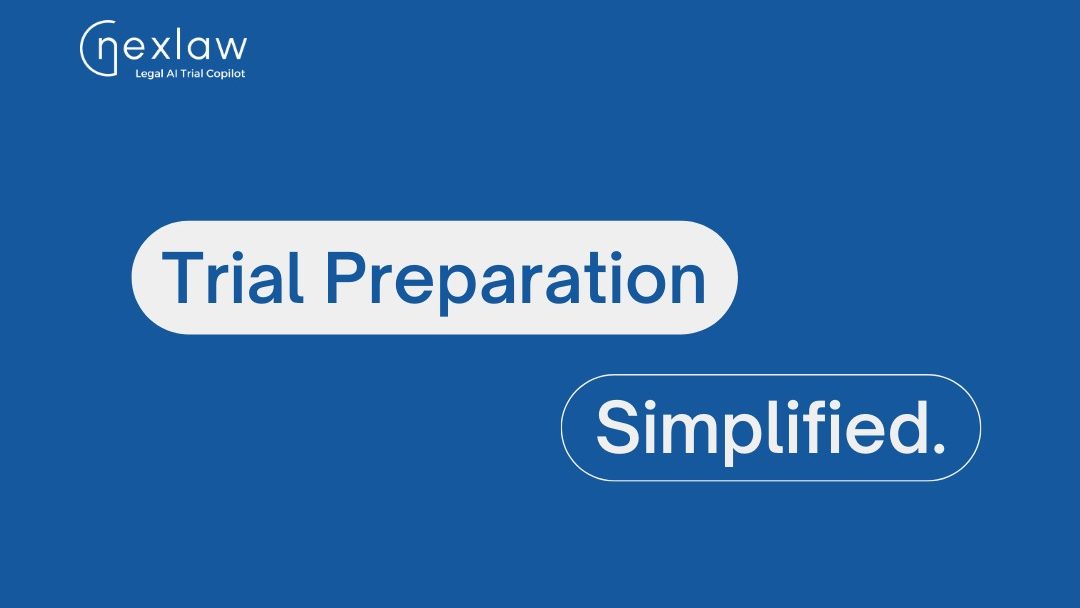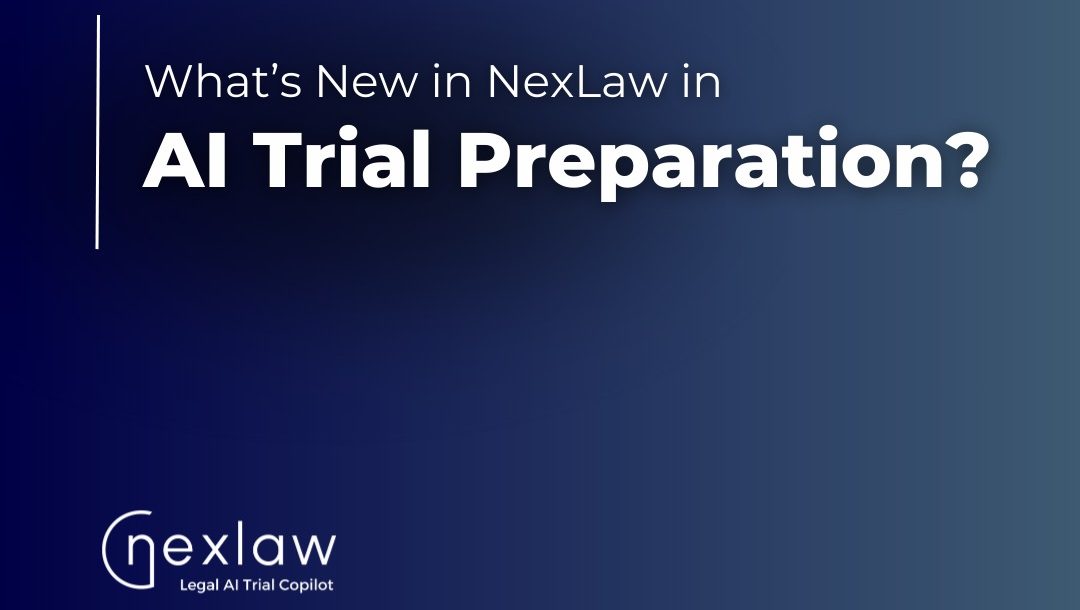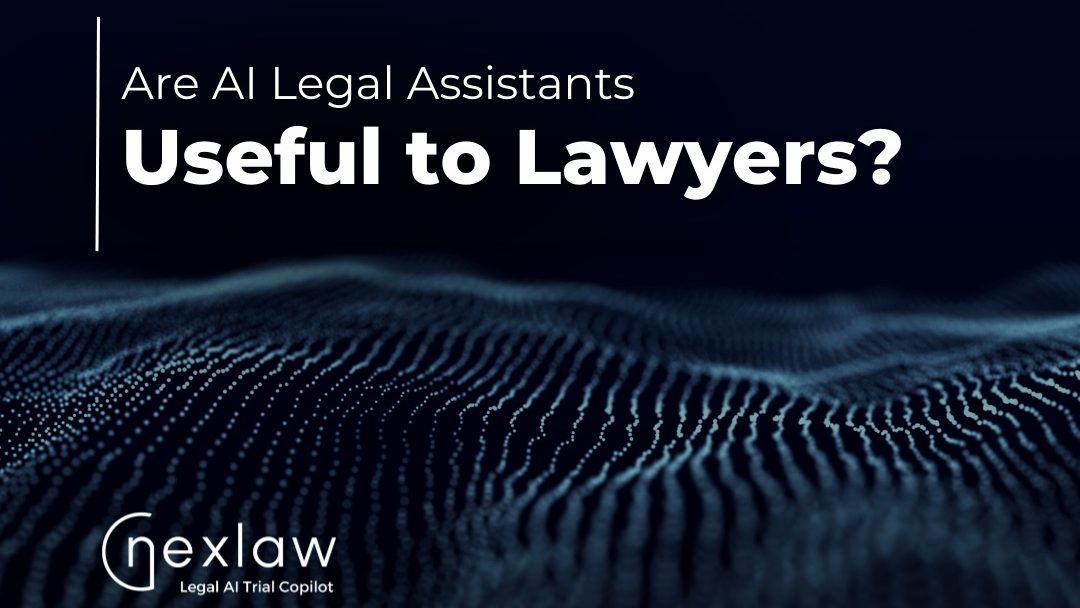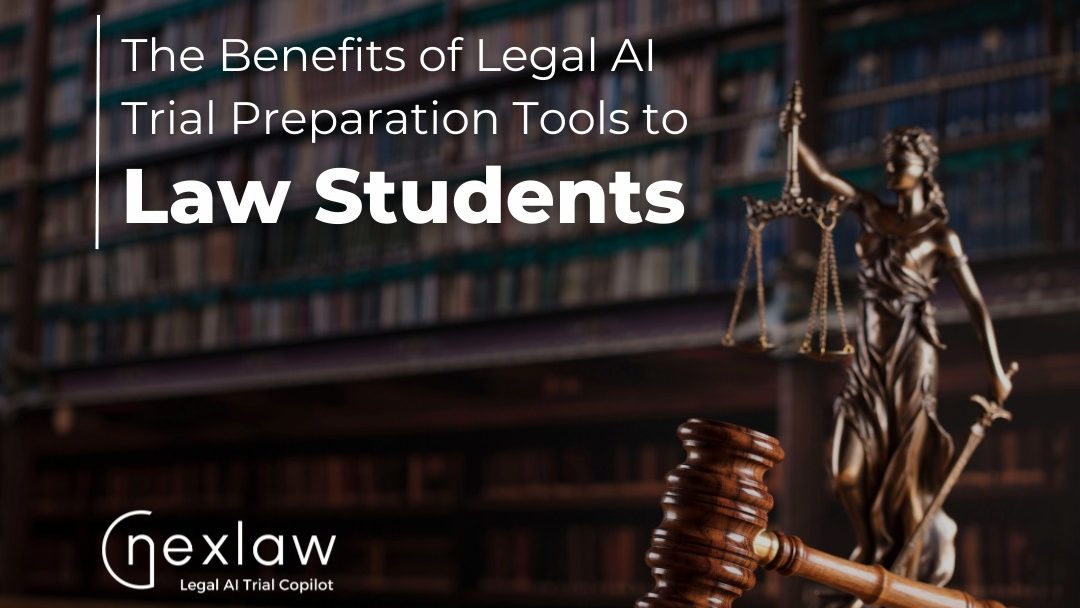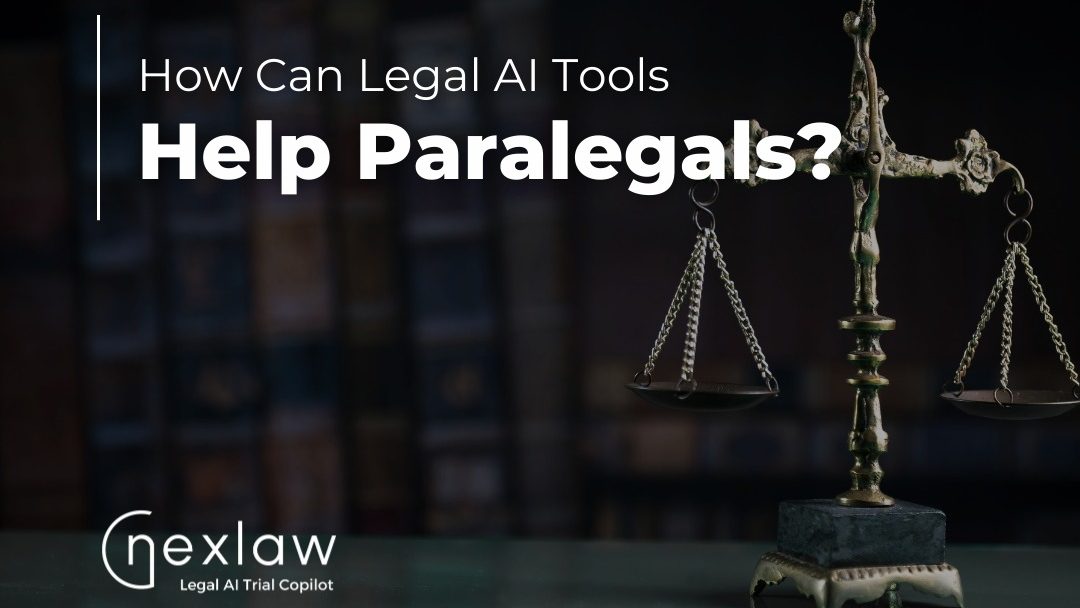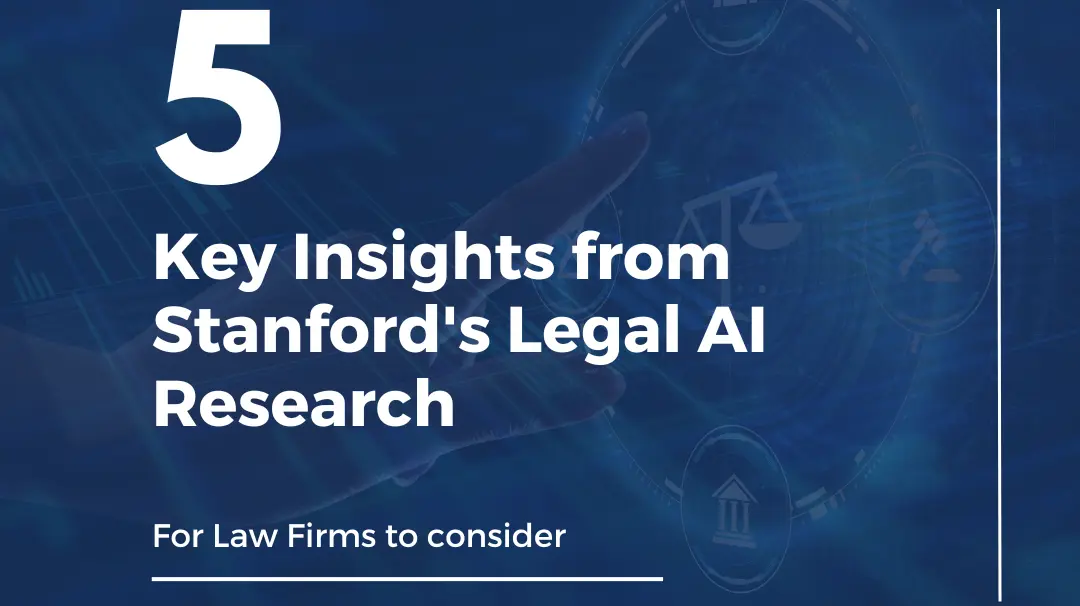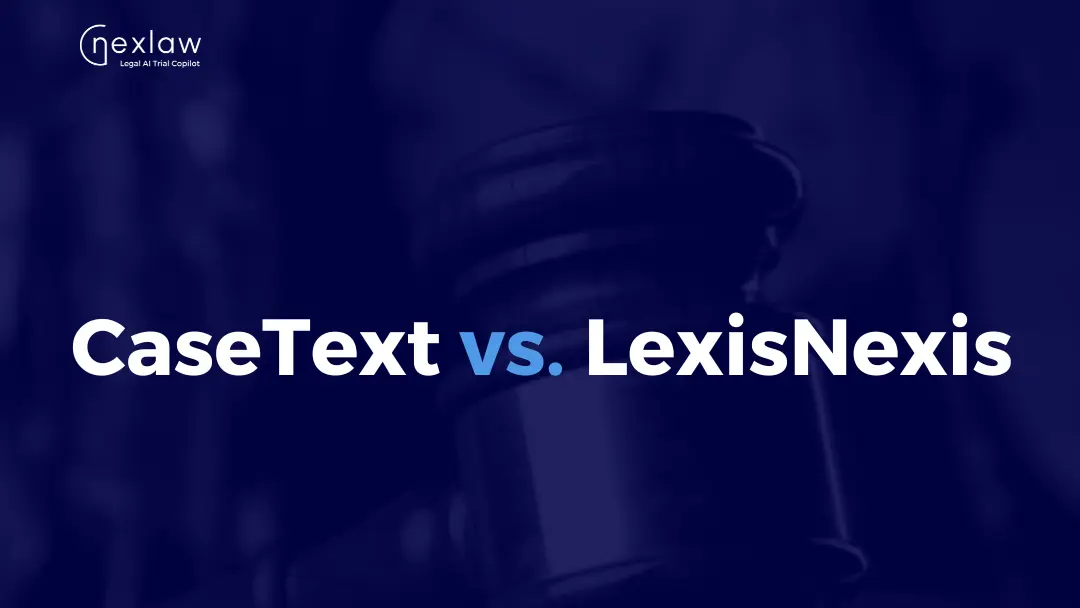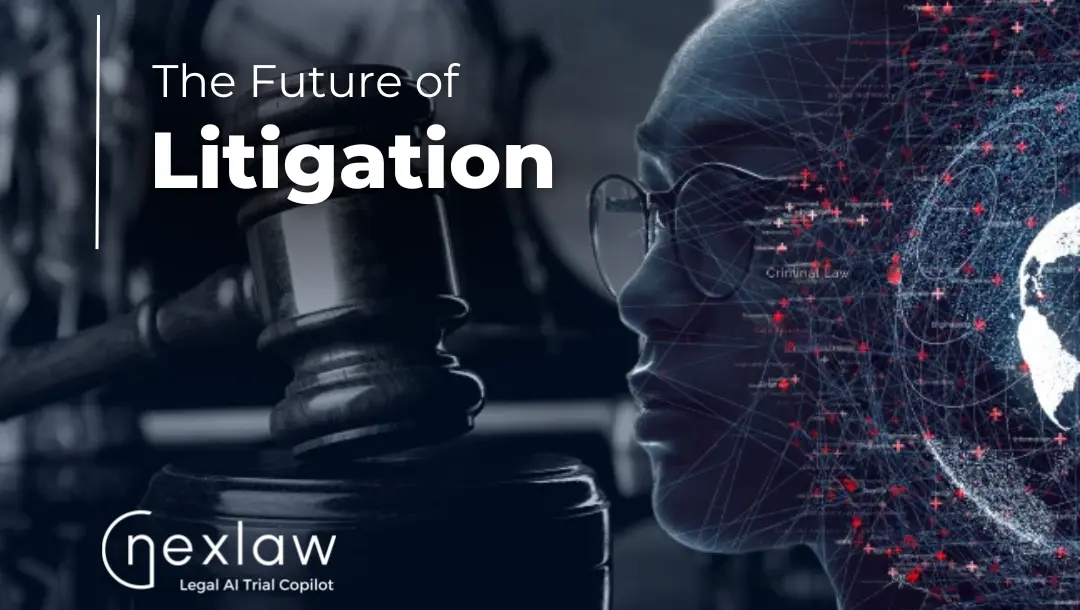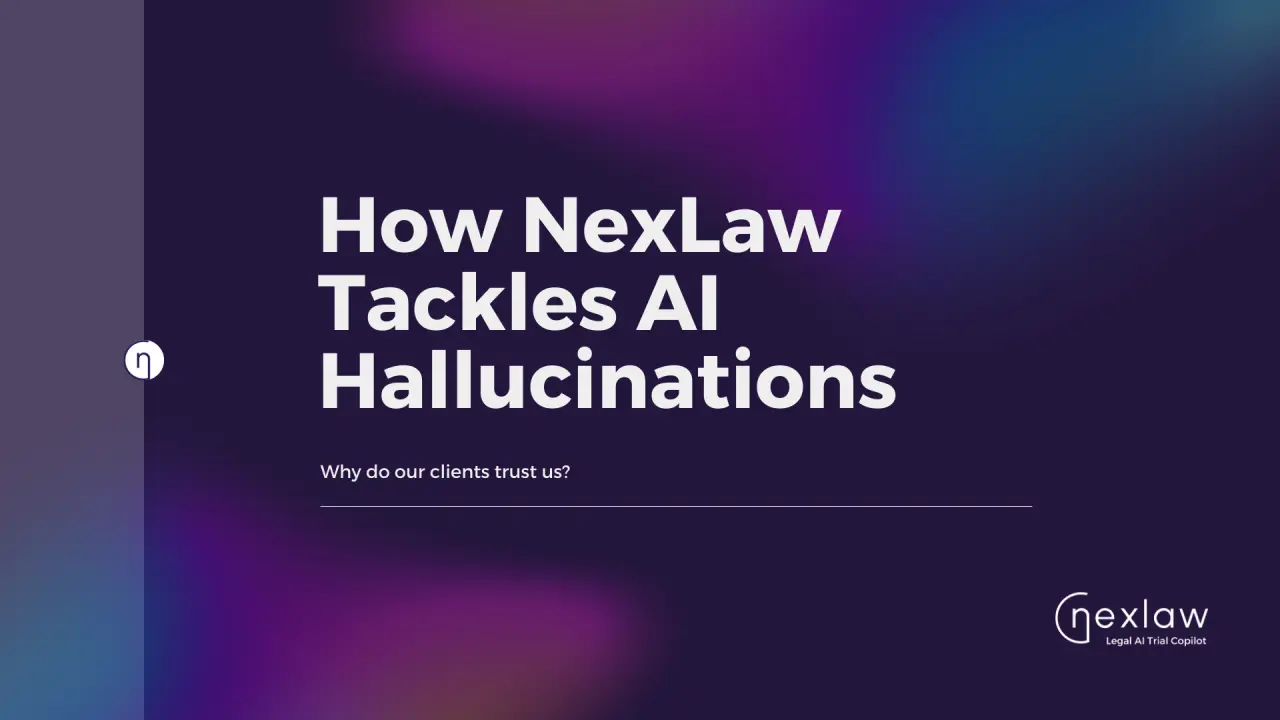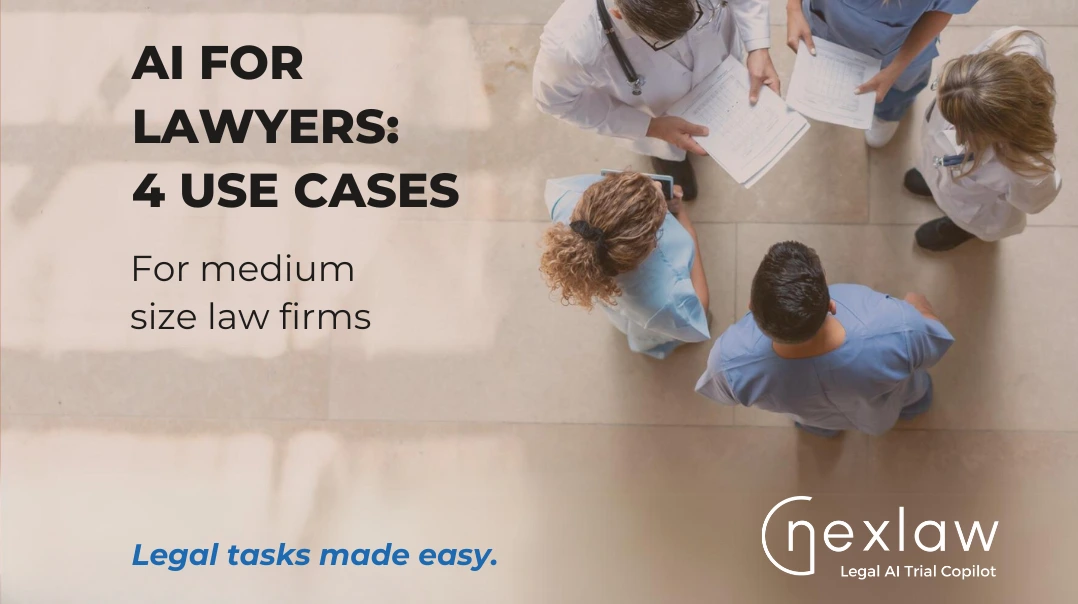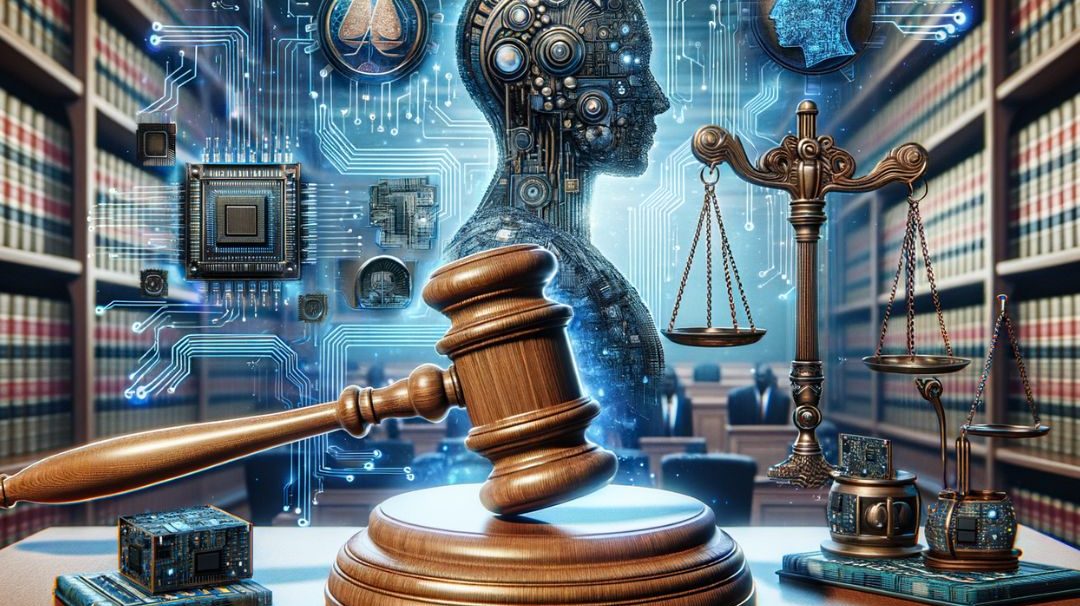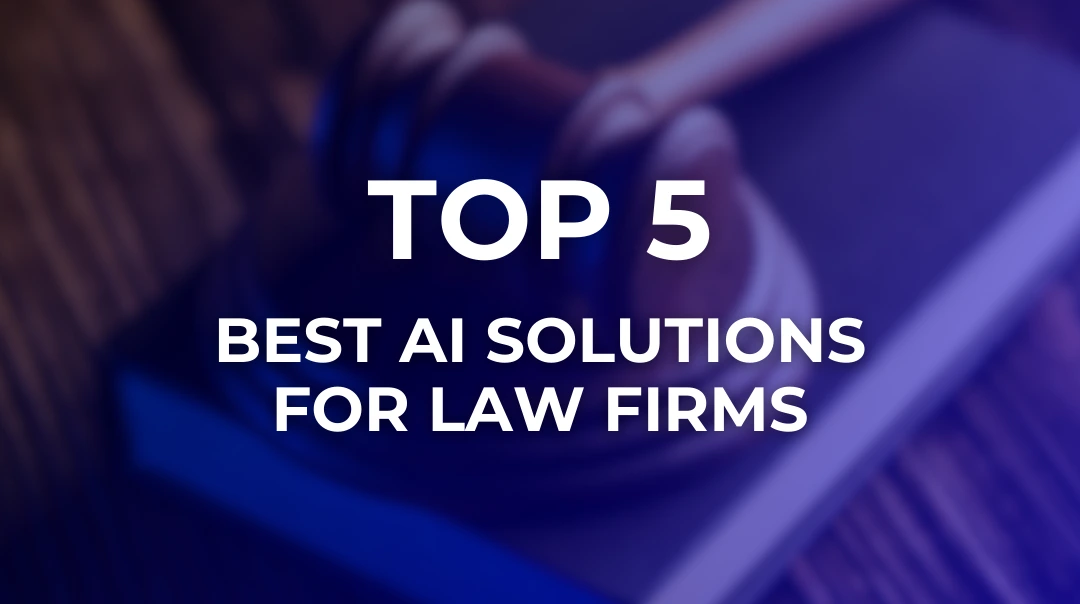Top Trends of Legal AI in 2024
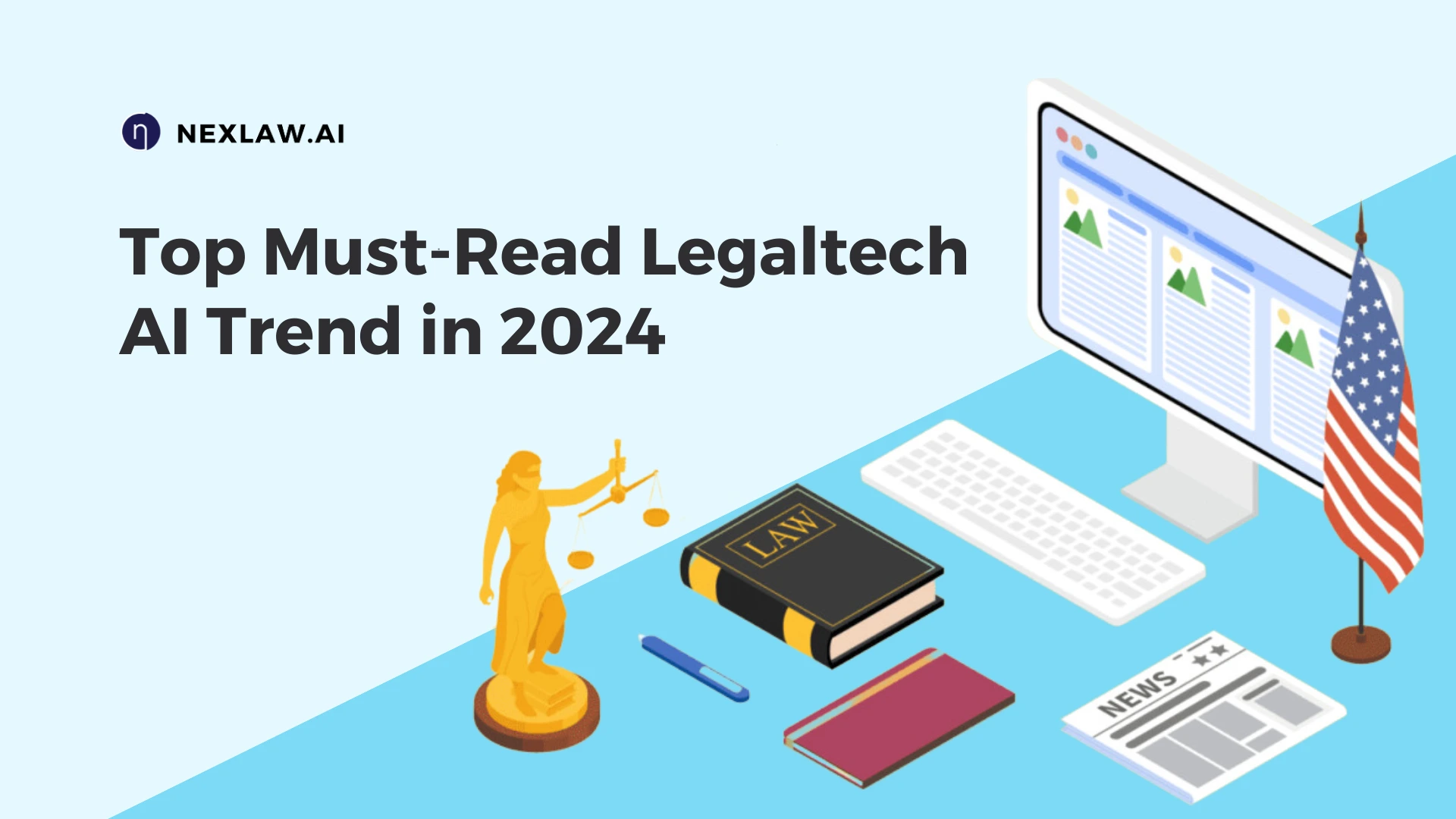
Top Trends of Legal AI in 2024

Introduction:
The legal landscape is undergoing a profound transformation driven by the adoption of artificial intelligence (AI). As we journey through 2024, AI emerges not merely as a trend but as an indispensable component of modern legal practice, reflecting the latest trends in legal AI and reshaping how legal professionals operate. With global spending on legal AI software tools projected to soar to $37 billion by 2024, the impact on law firms and their clients is monumental[1].
Generative AI Legal Research:
A significant trend in legal AI is the ascent of generative AI in legal research. In 2024, 55% of firms are set to embrace AI for legal research, underscoring its significance[14]. This innovation grants legal professionals unparalleled access to vast legal databases and the capability to generate predictive analytics, elevating research efficiency and deepening insights into case law and legal precedents.

TrialPrep streamlines case preparation by analyzing your specific case particulars, generating comprehensive legal analysis reports covering various aspects of the case, including applicable laws, key elements, strengths and weaknesses, strategy, witness analysis, and trial tactics. These reports offer in-depth insights to enhance case preparation and litigation strategies.
Data Security and Remote Work:
In the realm of legal tech, data security takes center stage as law firms handle sensitive client information. AI-driven security protocols are increasingly sophisticated, safeguarding client data against cyber threats[5]. Moreover, AI facilitates effective remote collaboration among legal teams, fostering a more agile and responsive workforce capable of meeting client needs from any location.
What are the risks of using chatgpt in law and how can we use AI securely?
AI Legal Document Analysis and Automation:
Document review is one of the most demanding tasks in the legal industry. In 2024, developers will focus on refining legal AI tools to review documents with deeper understanding and at a faster speed, facilitating their use in litigation[1]. AI-powered document review tools can analyze vast amounts of data, identify relevant information, and assist legal professionals in their decision-making processes. Concurrently, AI-powered legal document automation is reshaping the industry by automating routine tasks such as drafting and review. This not only frees up lawyers to focus on complex aspects of their work but also yields significant time savings and error reduction[9].

Review your contract x10 faster with legal AI.
Litigation Prediction and Client-Centric Solutions:
AI’s role in litigation prediction and transactional tools is gaining momentum, with companies boasting predictive accuracy rates of up to 90%[9]. Furthermore, client-focused legal tech solutions, empowered by AI, are enabling hyper-personalization of legal services, transforming the client-lawyer dynamic and delivering tailored experiences that cater to individual client needs. Utilize privacy-first copilot to assist you in drafting pleadings, developing trial strategies based on jury instructions, refining litigation tactics, and guiding you through trial proceedings.
Legal Software Integration:
Established software used by the legal industry will increasingly integrate AI tools and functions in 2024. This integration can act as an entry point for middle-wave adopters, making AI more accessible and user-friendly for legal professionals[1]. AI-powered features within existing legal software can enhance productivity and streamline workflows.Future Outlook:
As we peer into the future, it is evident that AI will continue to be a cornerstone of the legal profession. Forward-thinking law firms like NexLaw are leading this revolution by harnessing AI to enhance client service and fuel growth. By integrating AI into legal services, new avenues for innovation and client engagement are being unlocked, reshaping the legal landscape in profound ways.
Read more on How Legal AI Tools Help Paralegals.
Conclusion:
In conclusion, the evolution of legal AI in 2024 heralds a new era of innovation and efficiency in the legal industry. With AI driving transformative changes across various facets of legal practice, staying abreast of these trends is paramount for law firms and legal professionals alike. As we embrace AI’s capabilities, we pave the way for enhanced client experiences, superior service delivery, and groundbreaking advancements in legal tech.

Get ahead of the curve with our free Guide to Starting Using Legal AI!
Citations:
Harvard Law School. (2024, March 30). Harvard Law expert explains how AI may transform the legal profession in 2024. https://hls.harvard.edu/today/harvard-law-expert-explains-how-ai-may-transform-the-legal-profession-in-2024/
Stanford Law School. (2024, March 7). A View into the Generative AI Legal Landscape 2024. https://law.stanford.edu/2024/03/07/a-view-into-the-generative-ai-legal-landscape-2024/
Bing. (n.d.). Legal AI research 2024. https://bing.com/search?q=Legal+AI+research+2024
U.S. Legal Support – JDSupra. (n.d.). AI Predictions for the Legal Industry in 2024. https://www.jdsupra.com/legalnews/ai-predi…
LSSA. (2024, March 25). The legal technology landscape in 2024 and AI. https://www.lssa.co.uk/2024/03/25/the-legal-technology-landscape-in-2024-and-ai/
Fusion IT. (n.d.). Legal Tech Trends 2024! https://www.fusionmanageit.co.uk/node/legal-tech-trends-2024/
CARET Legal. (n.d.). 2024 Law Firm Technology Trends to Be Aware Of. https://caretlegal.com/blog/law-firm-technology-trends-to-be-aware-of/
Legaltech News. (2024, January 8). Legal Tech’s Predictions for Artificial Intelligence in 2024. https://www.law.com/legaltechnews/2024/01/08/legal-techs-predictions-for-artificial-intelligence-in-2024/
Real Life AI Use Case For Complex Litigation
Summer Wong
Content creator & copywriter @ NexLaw




